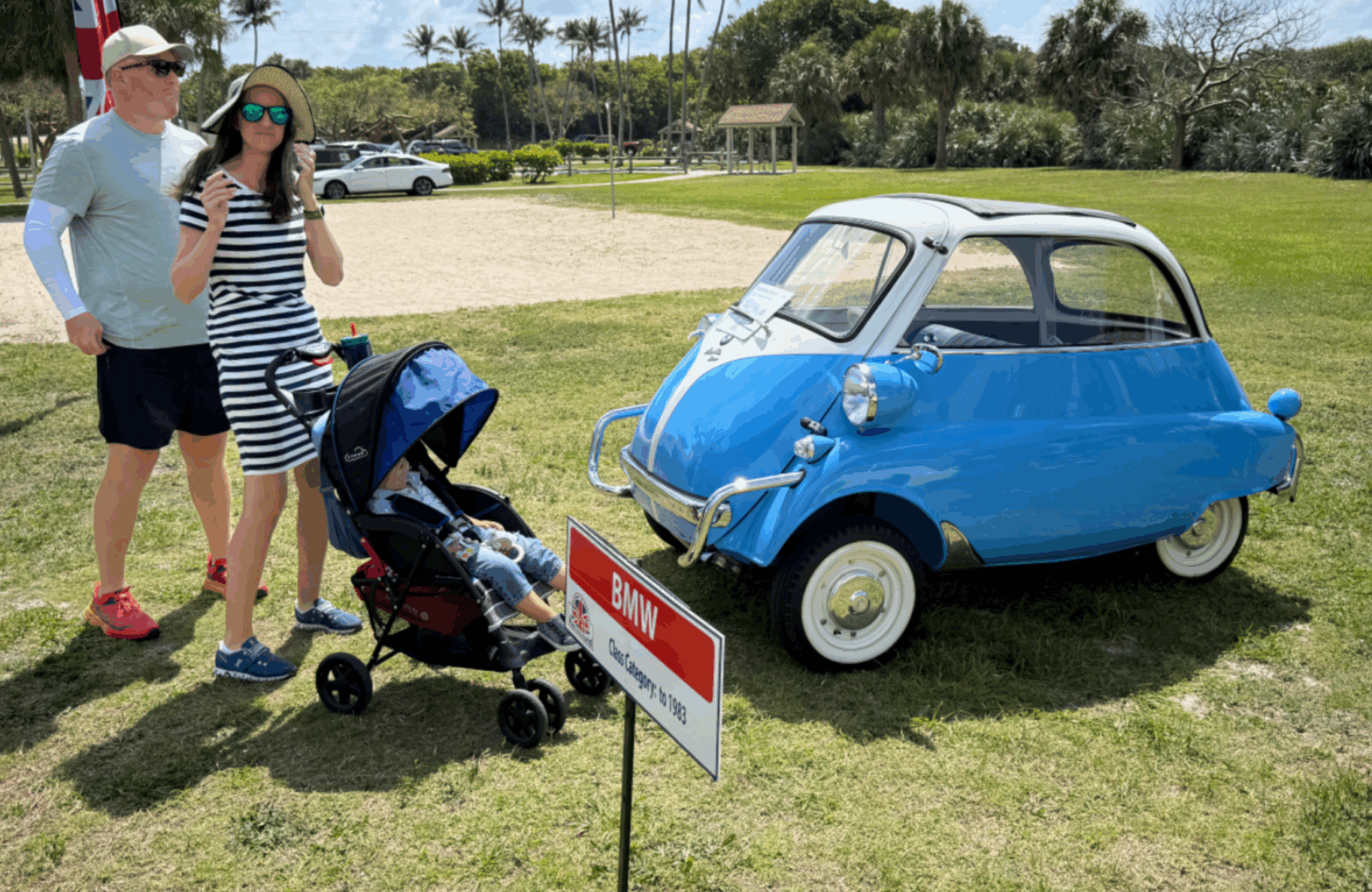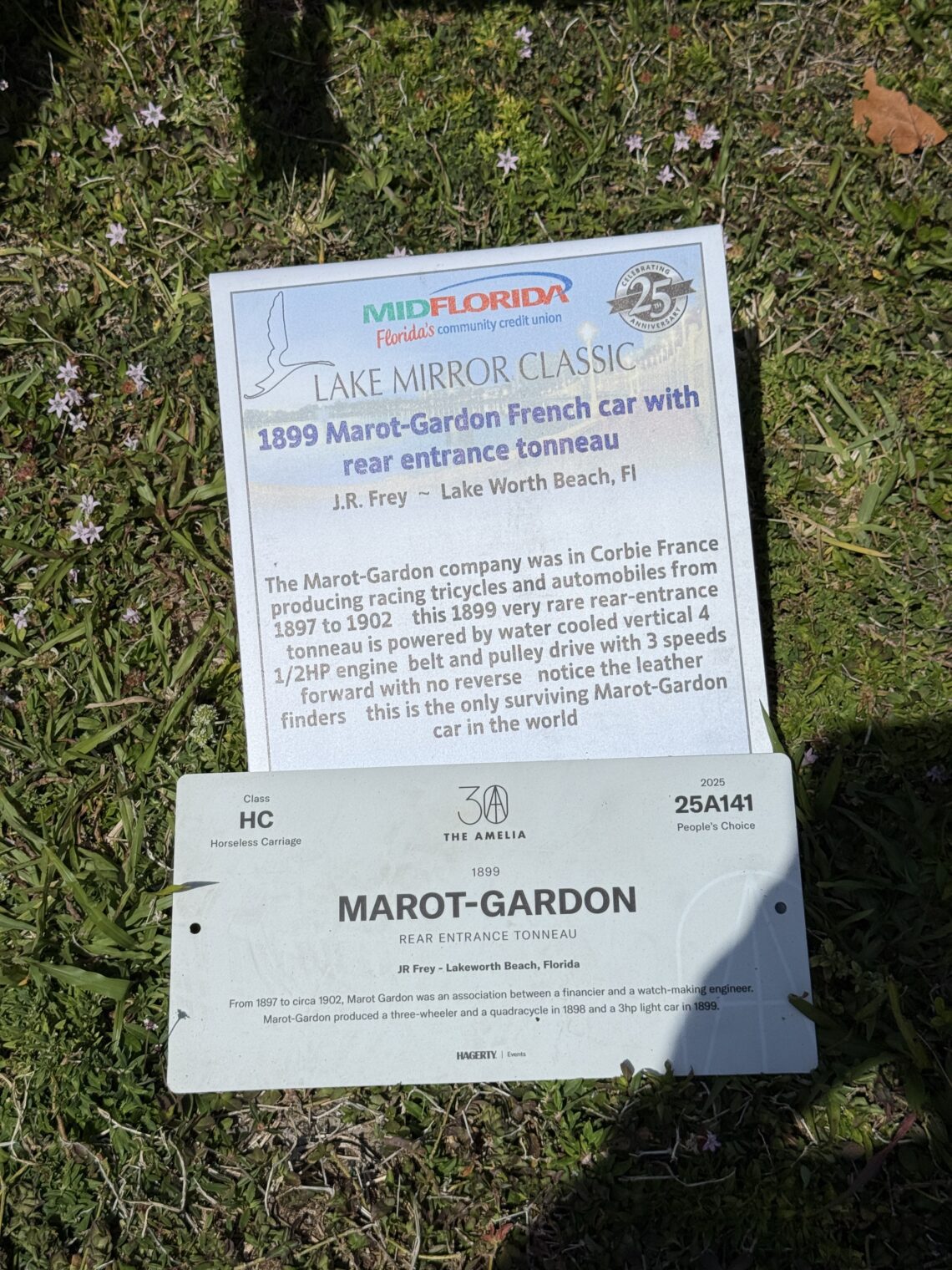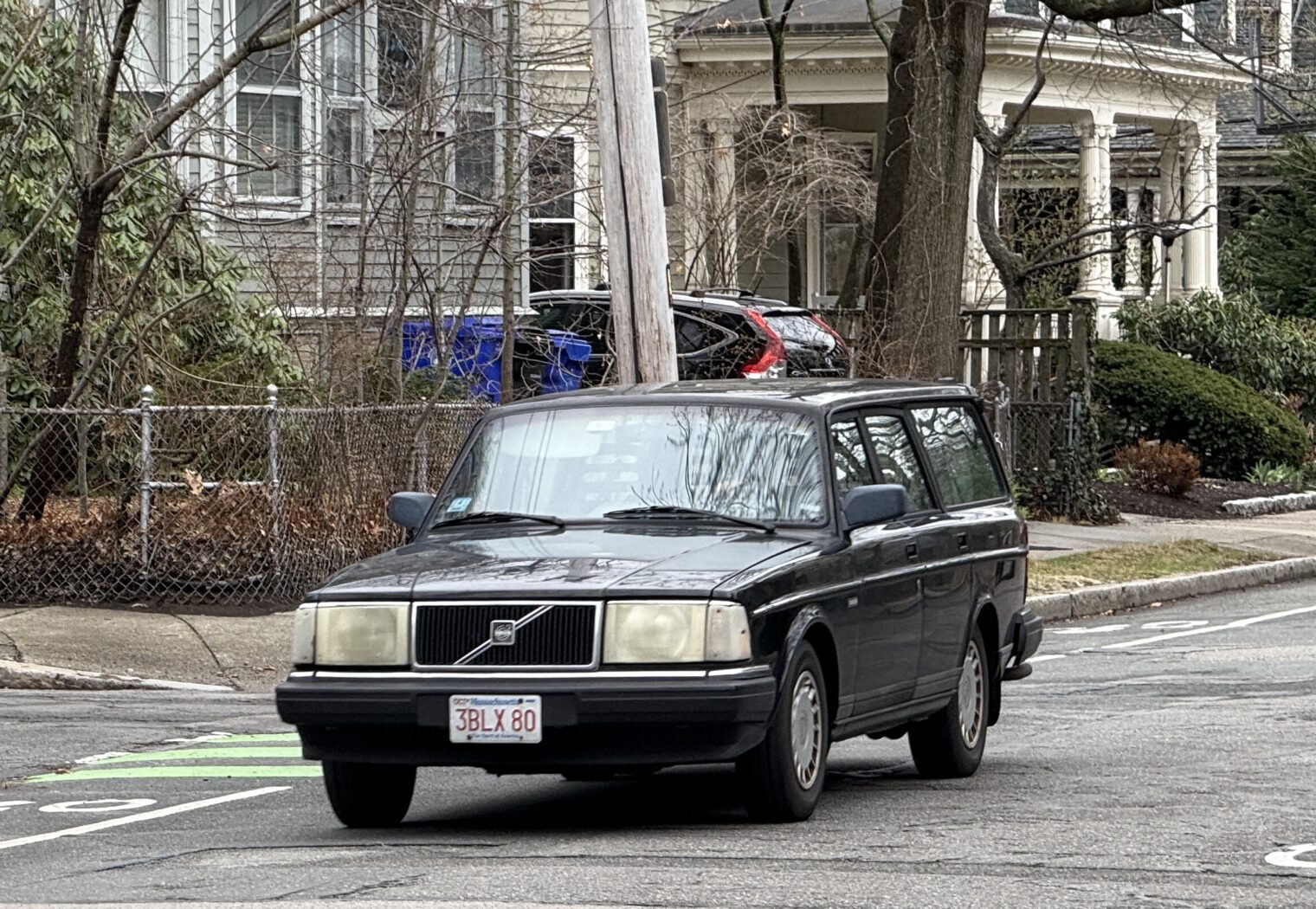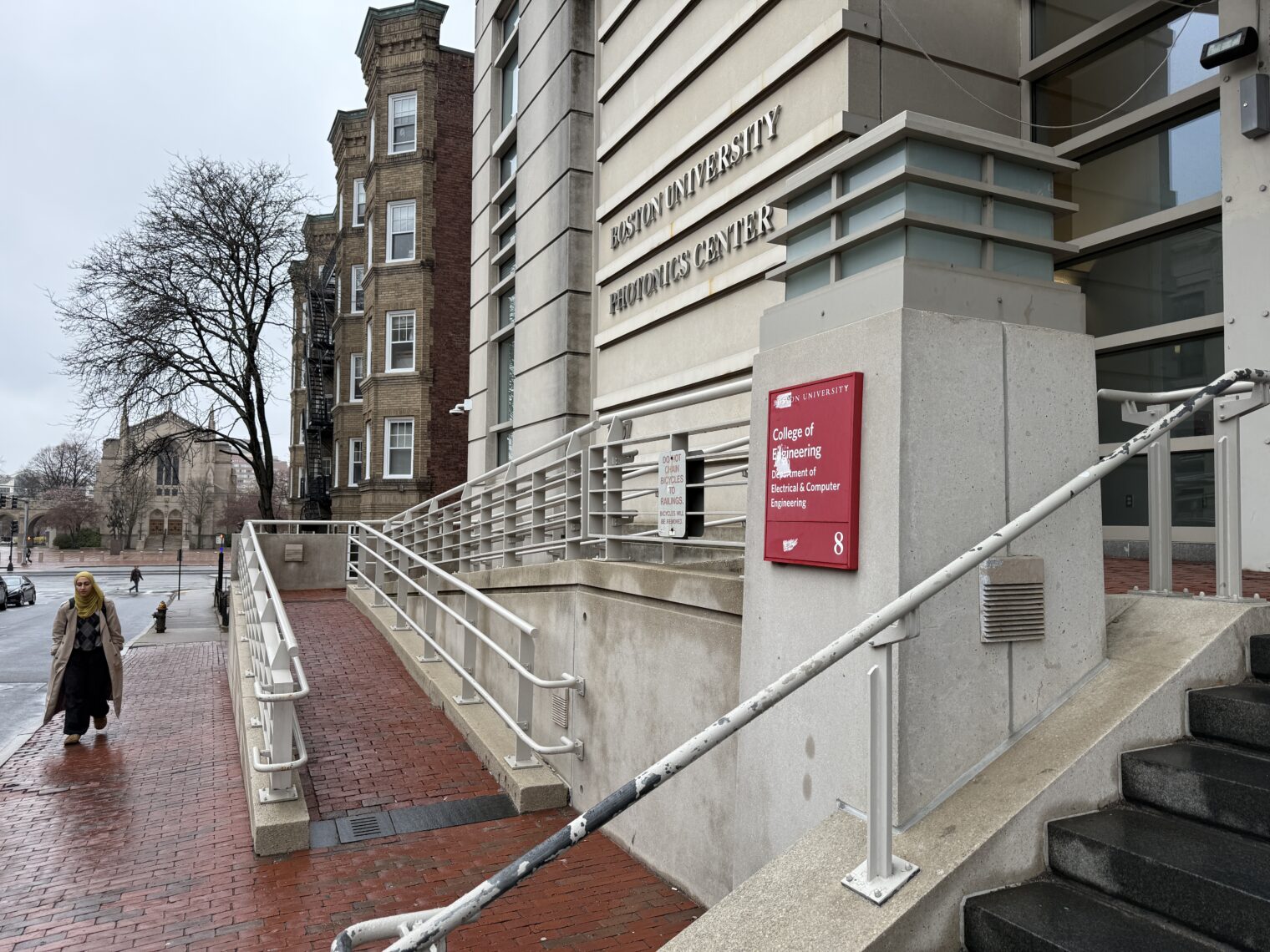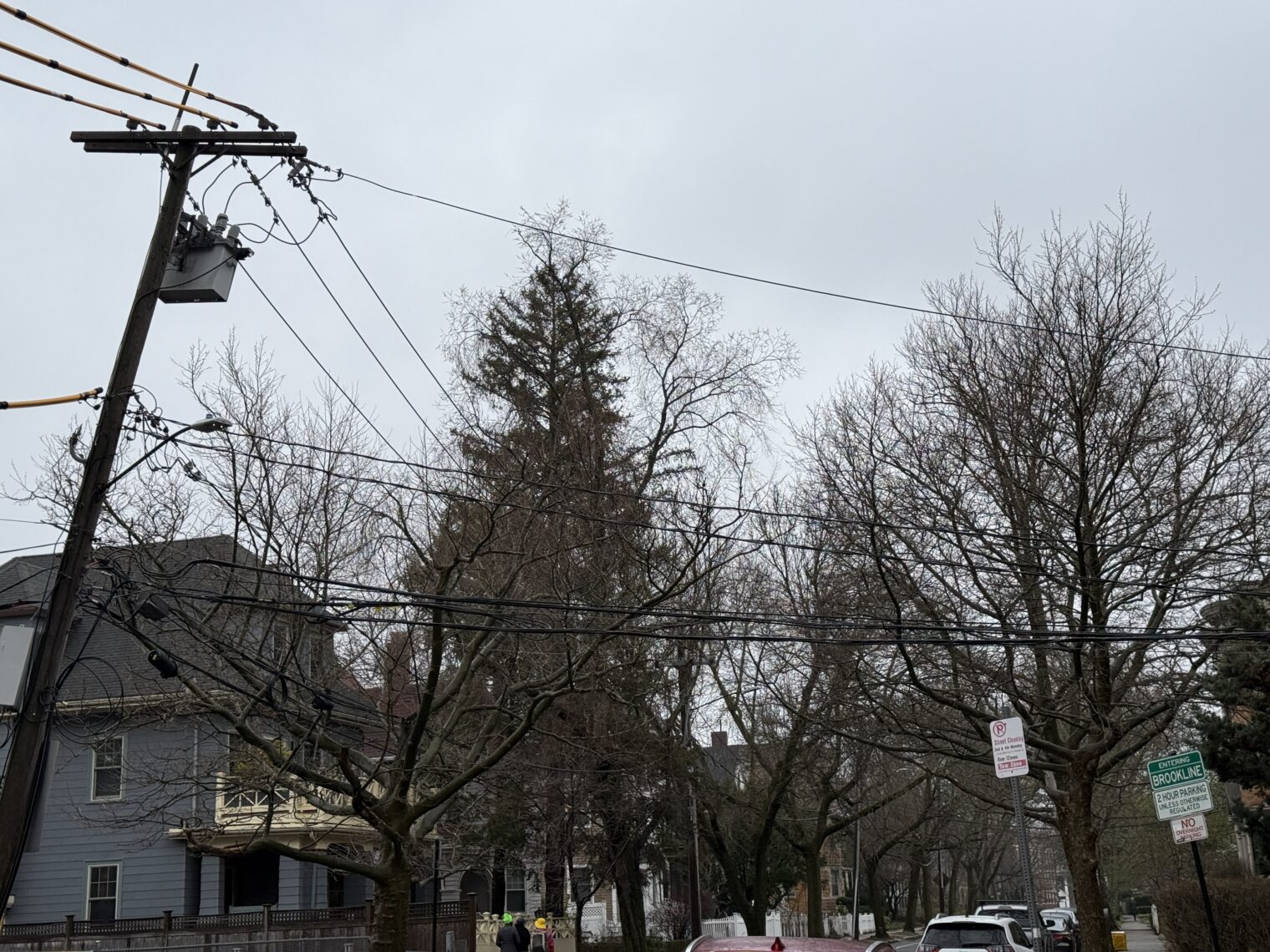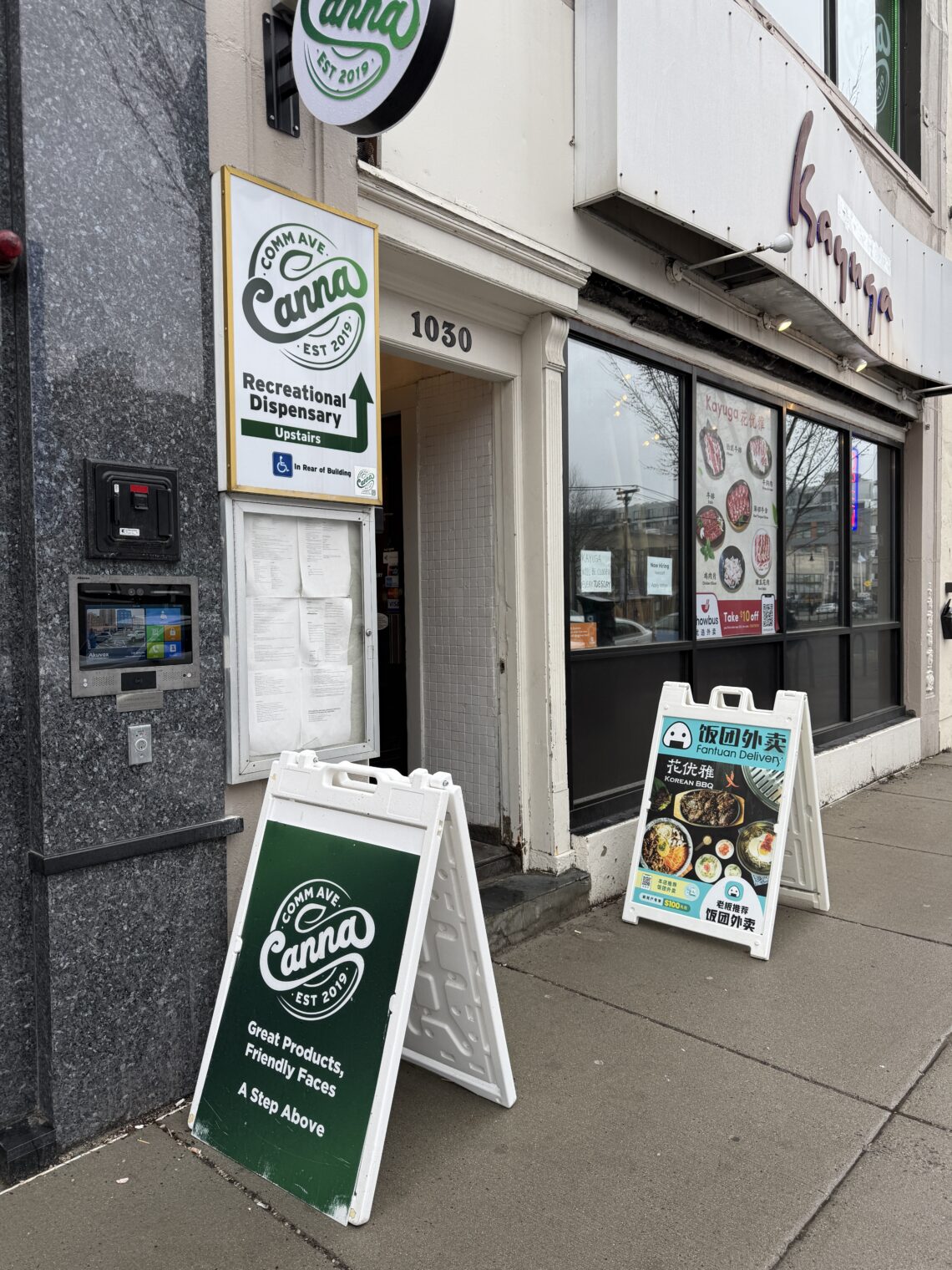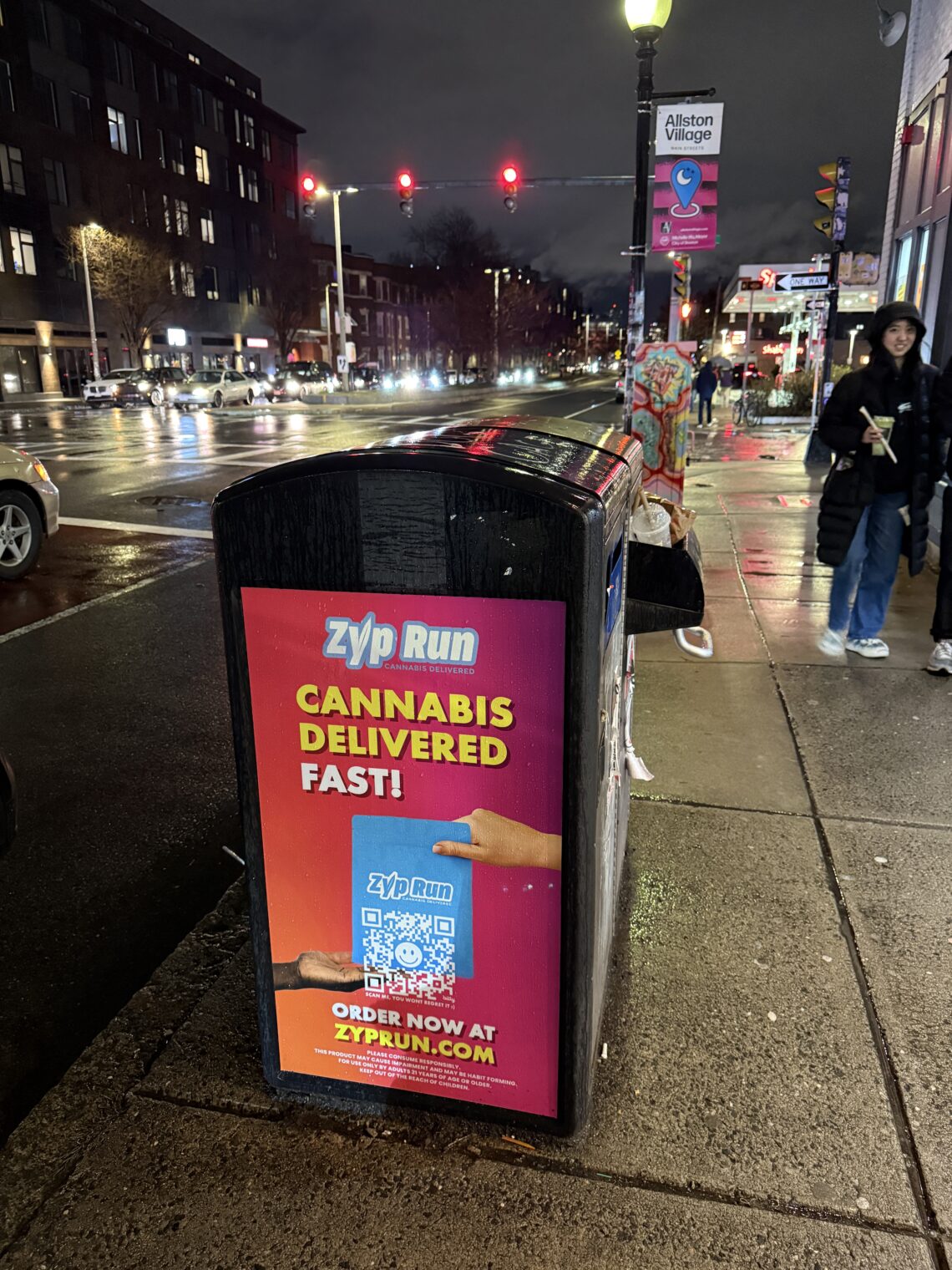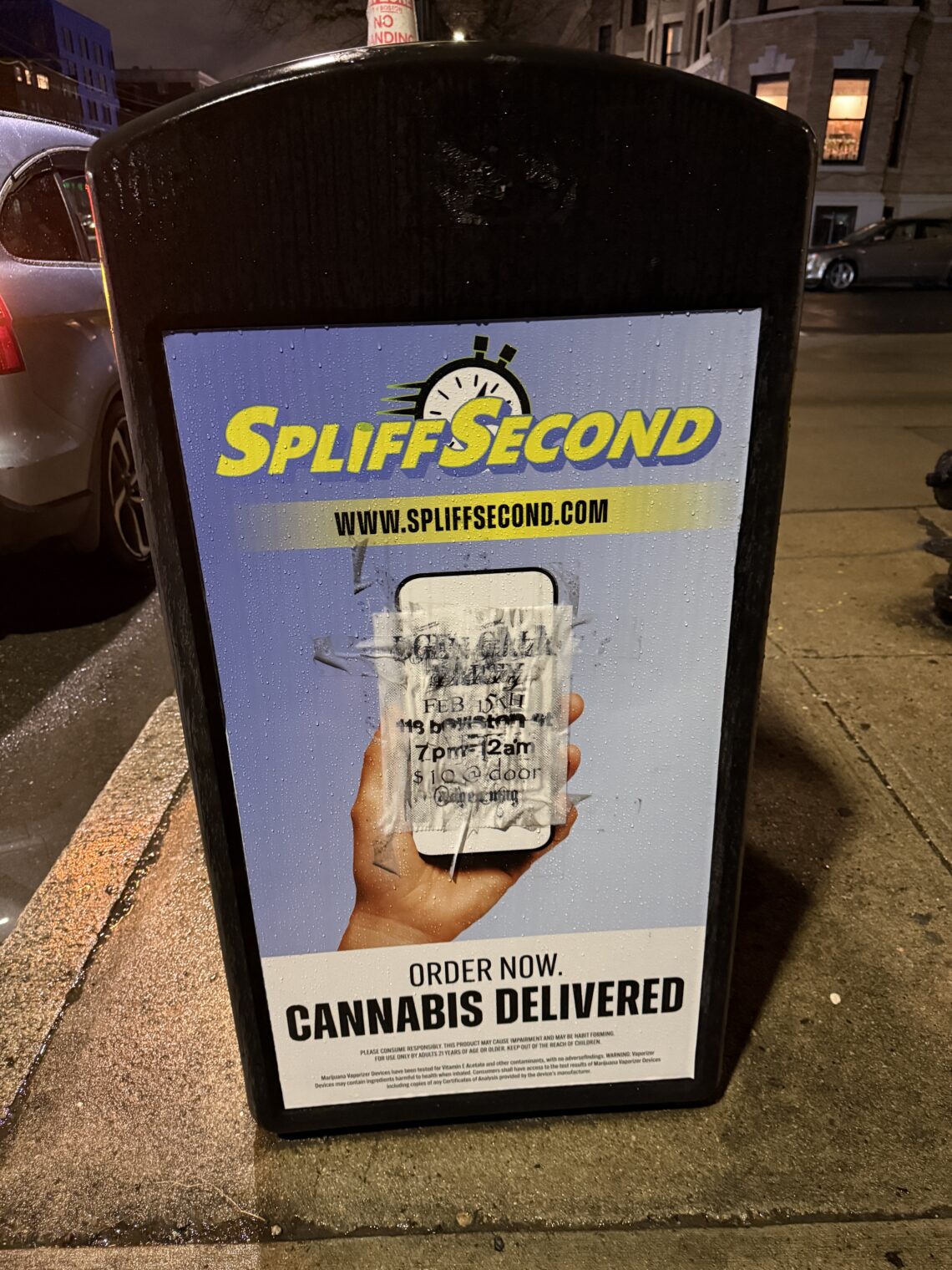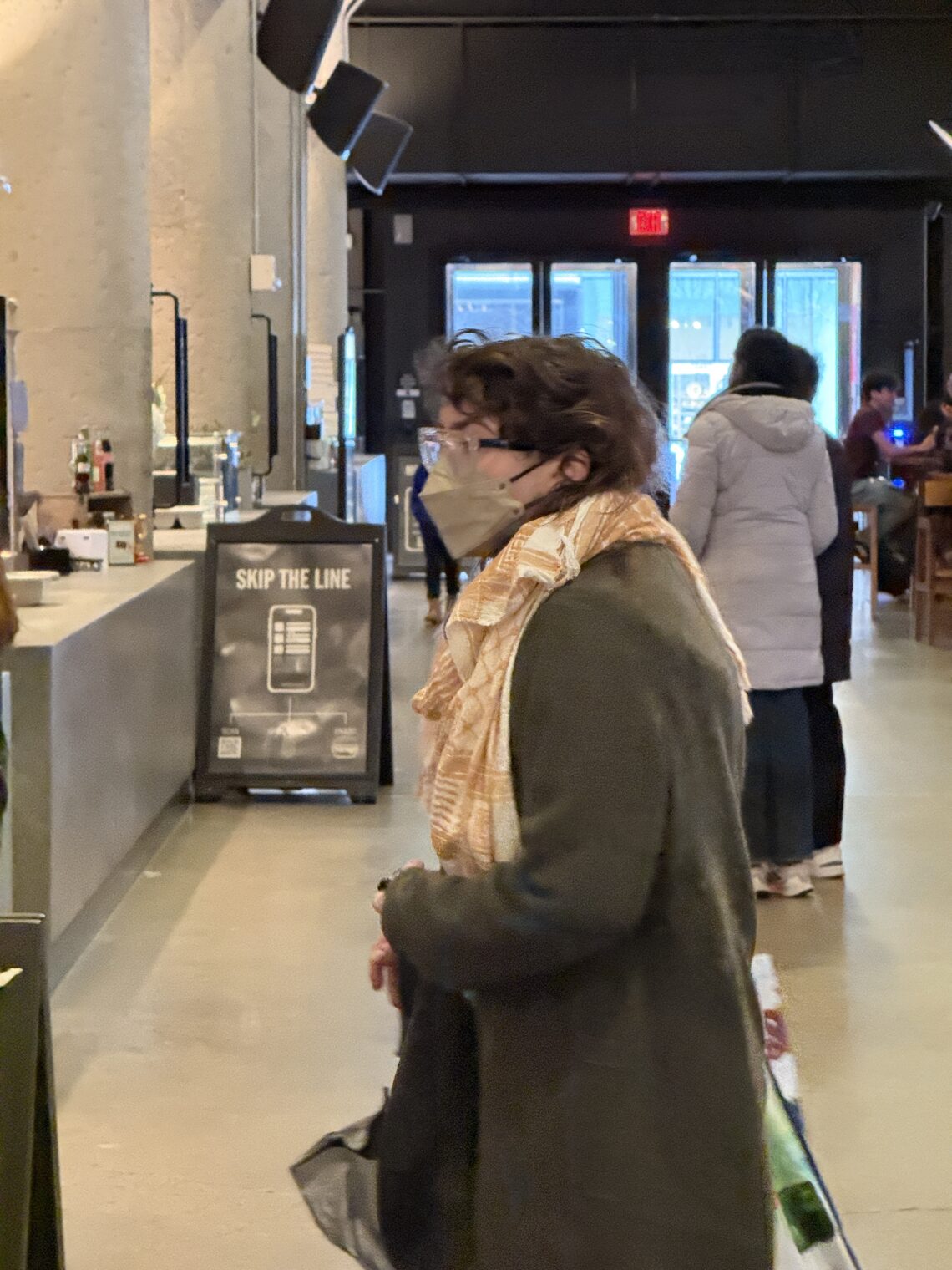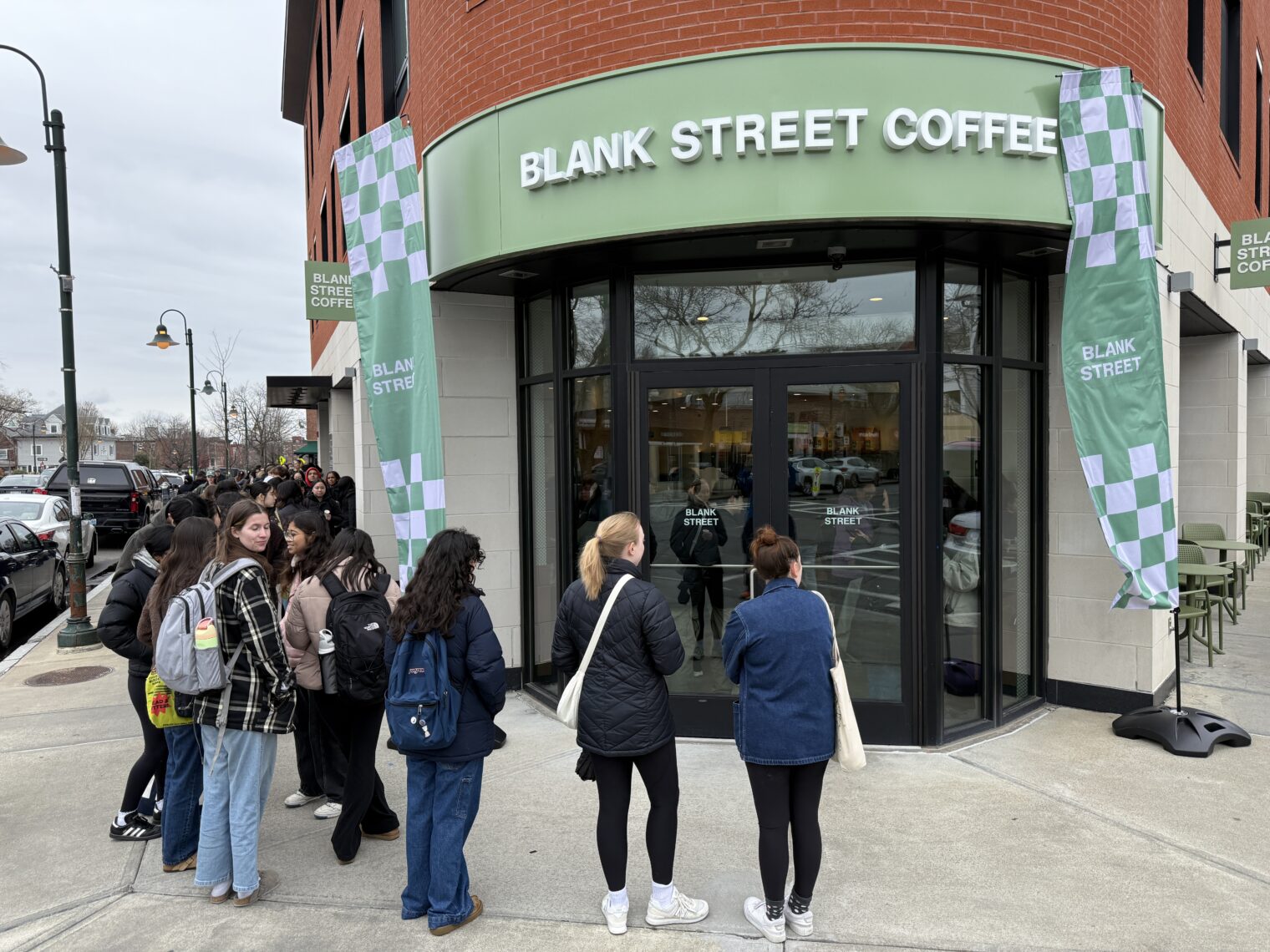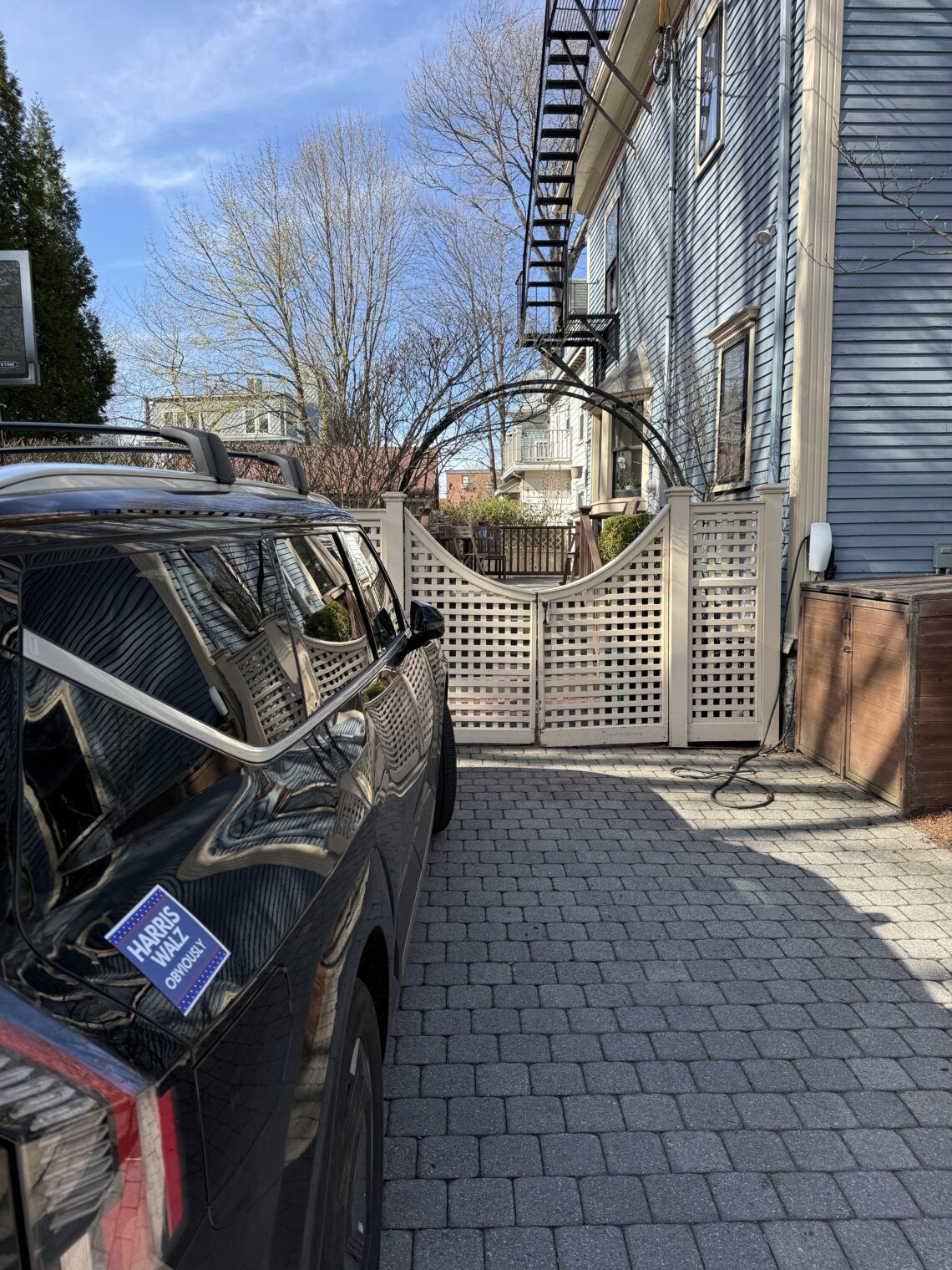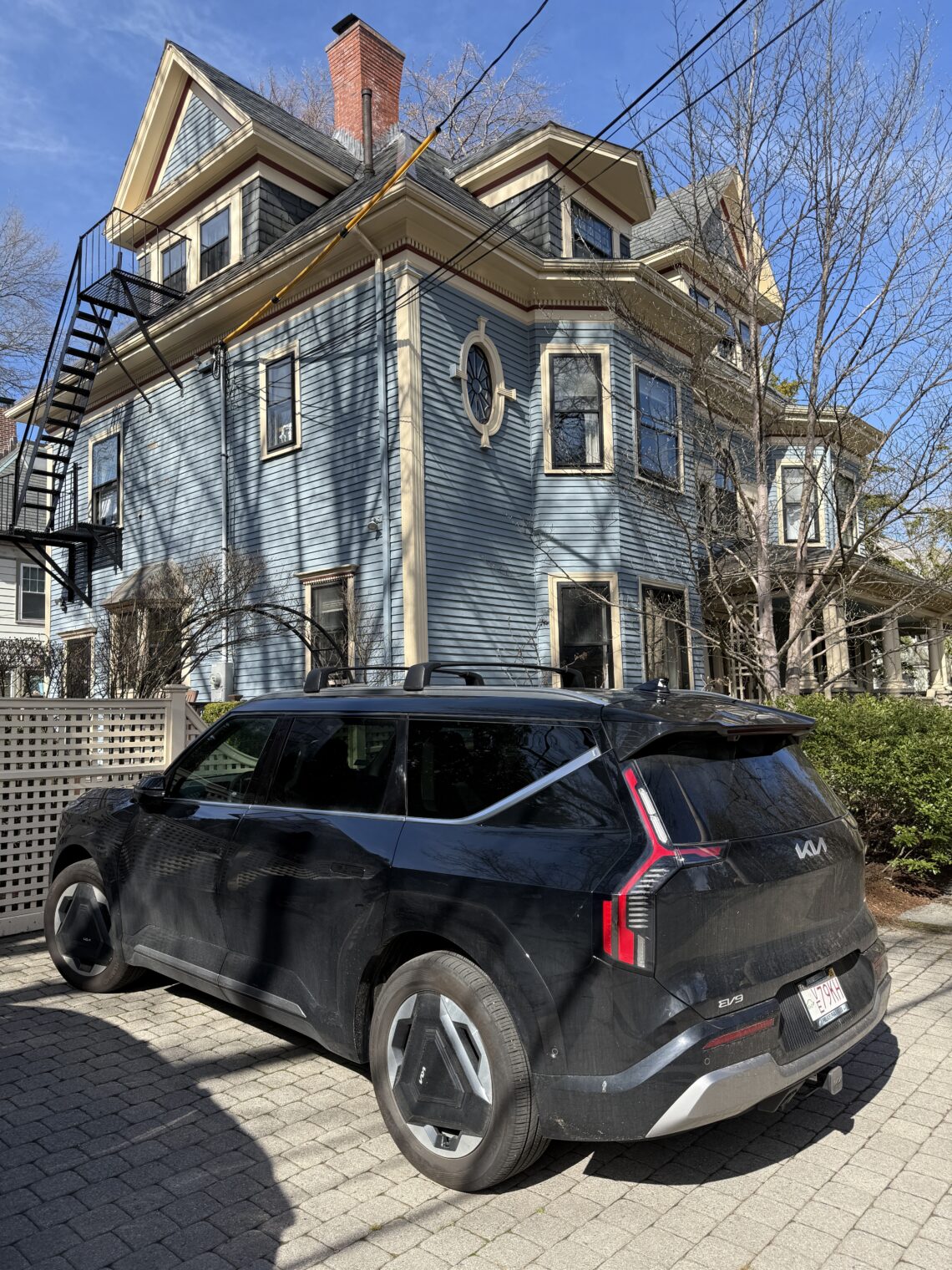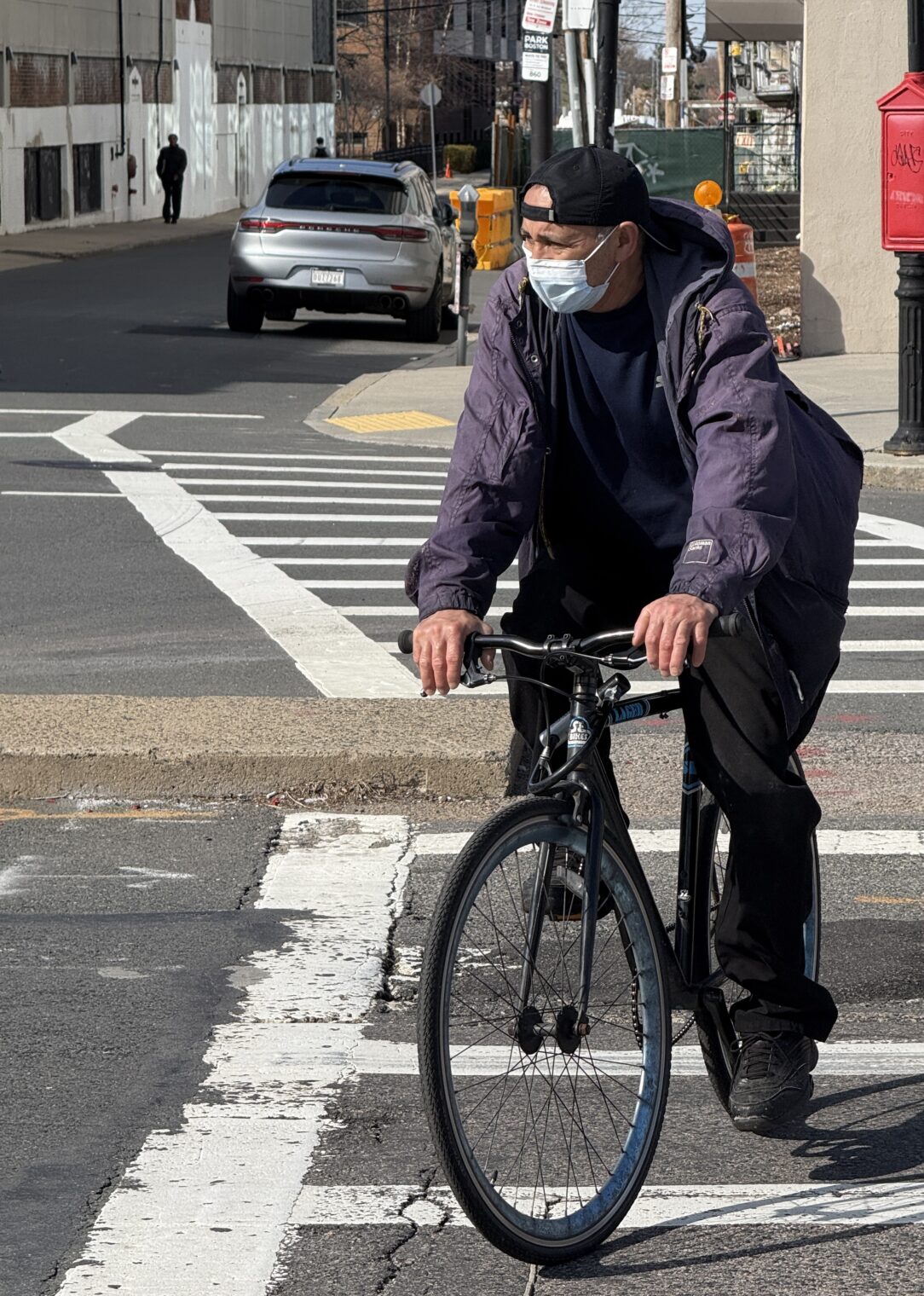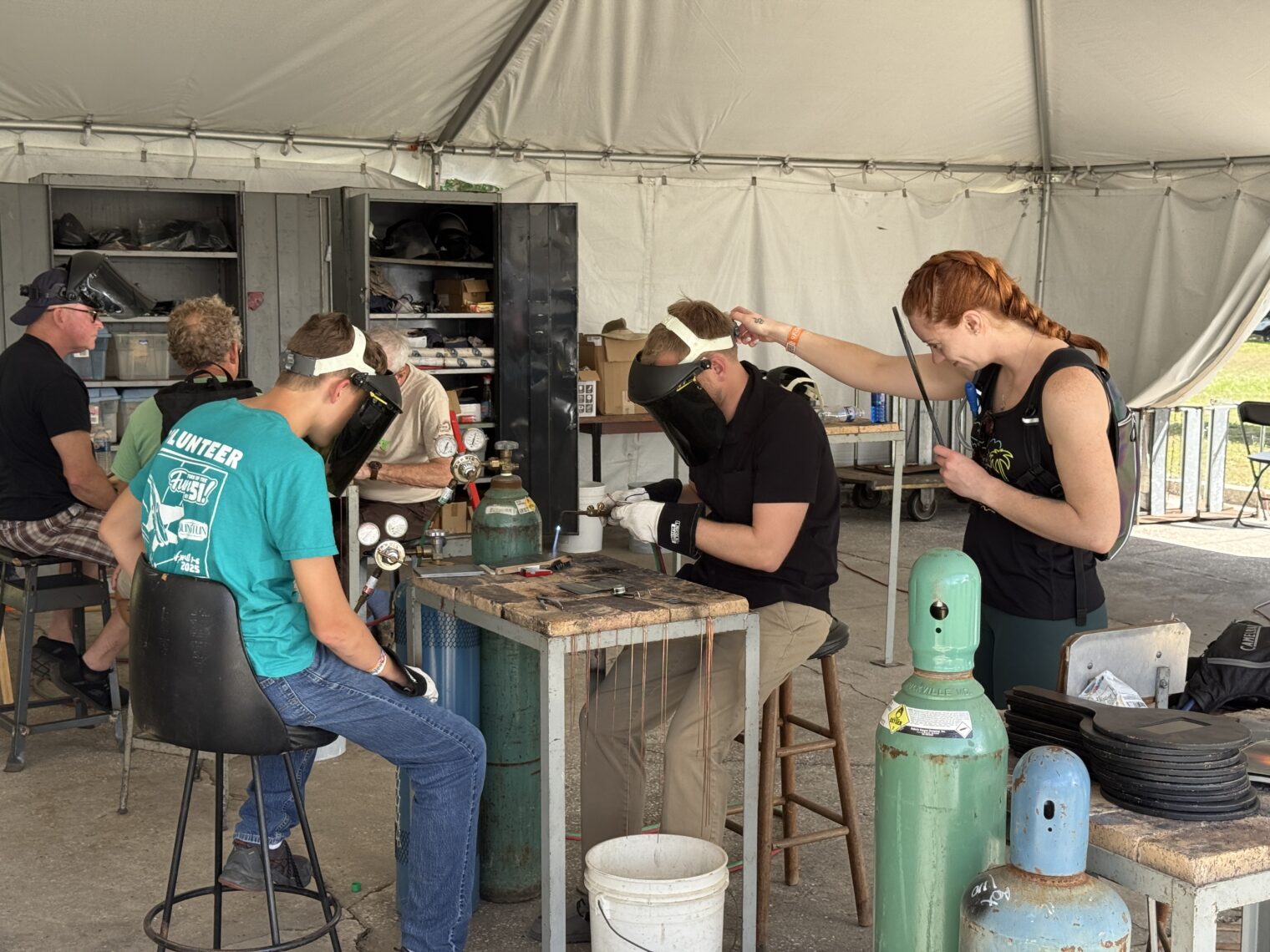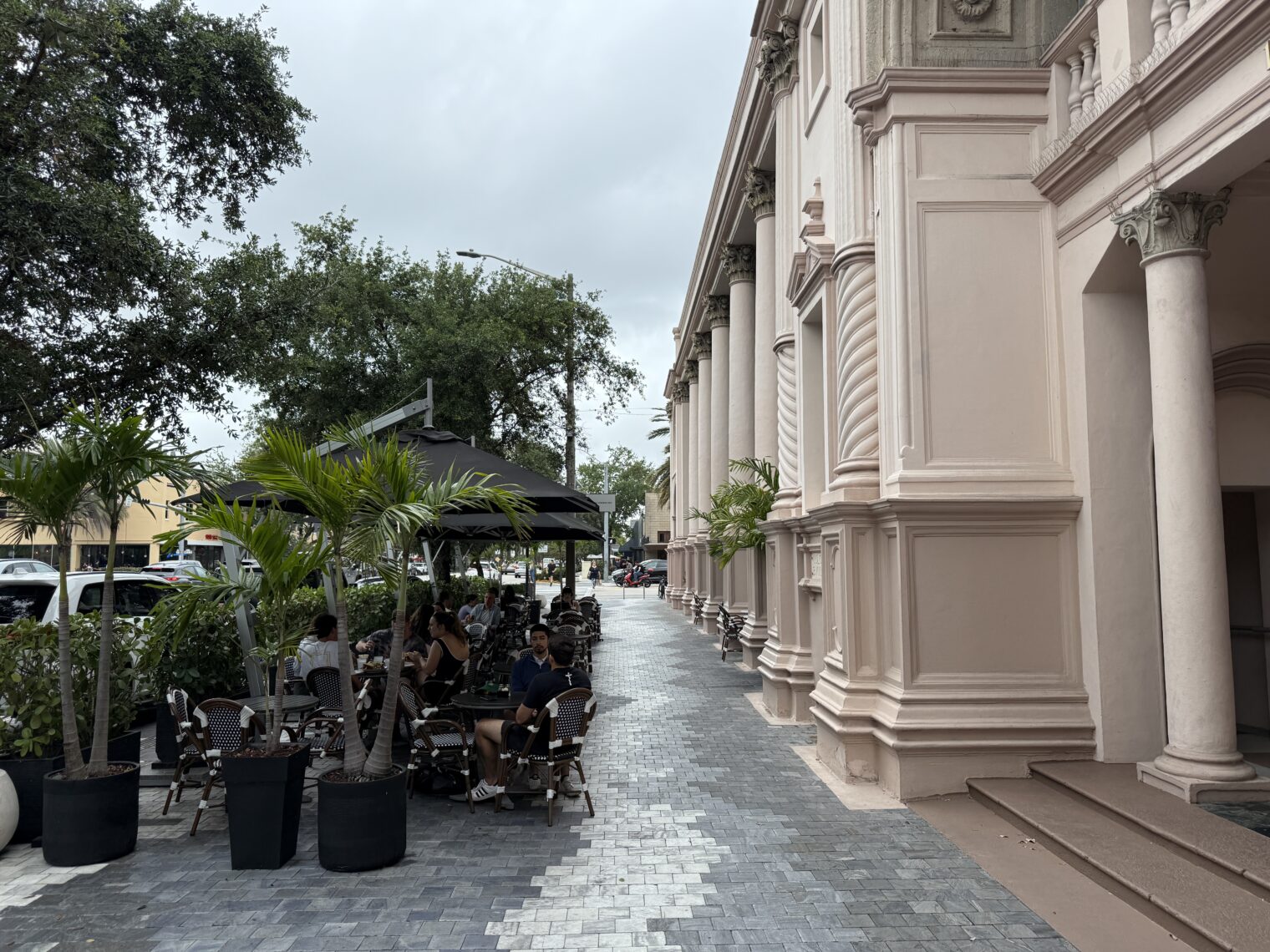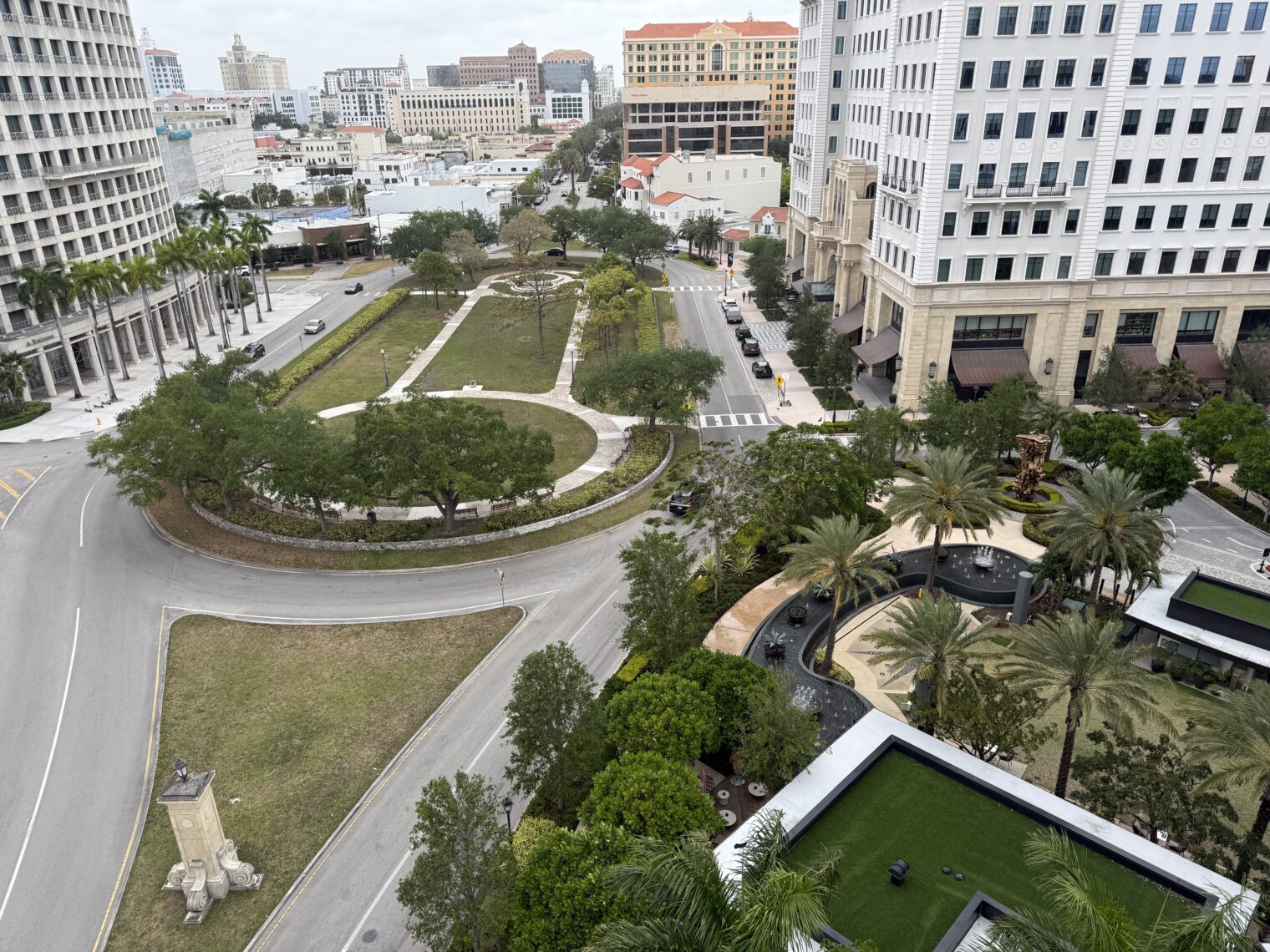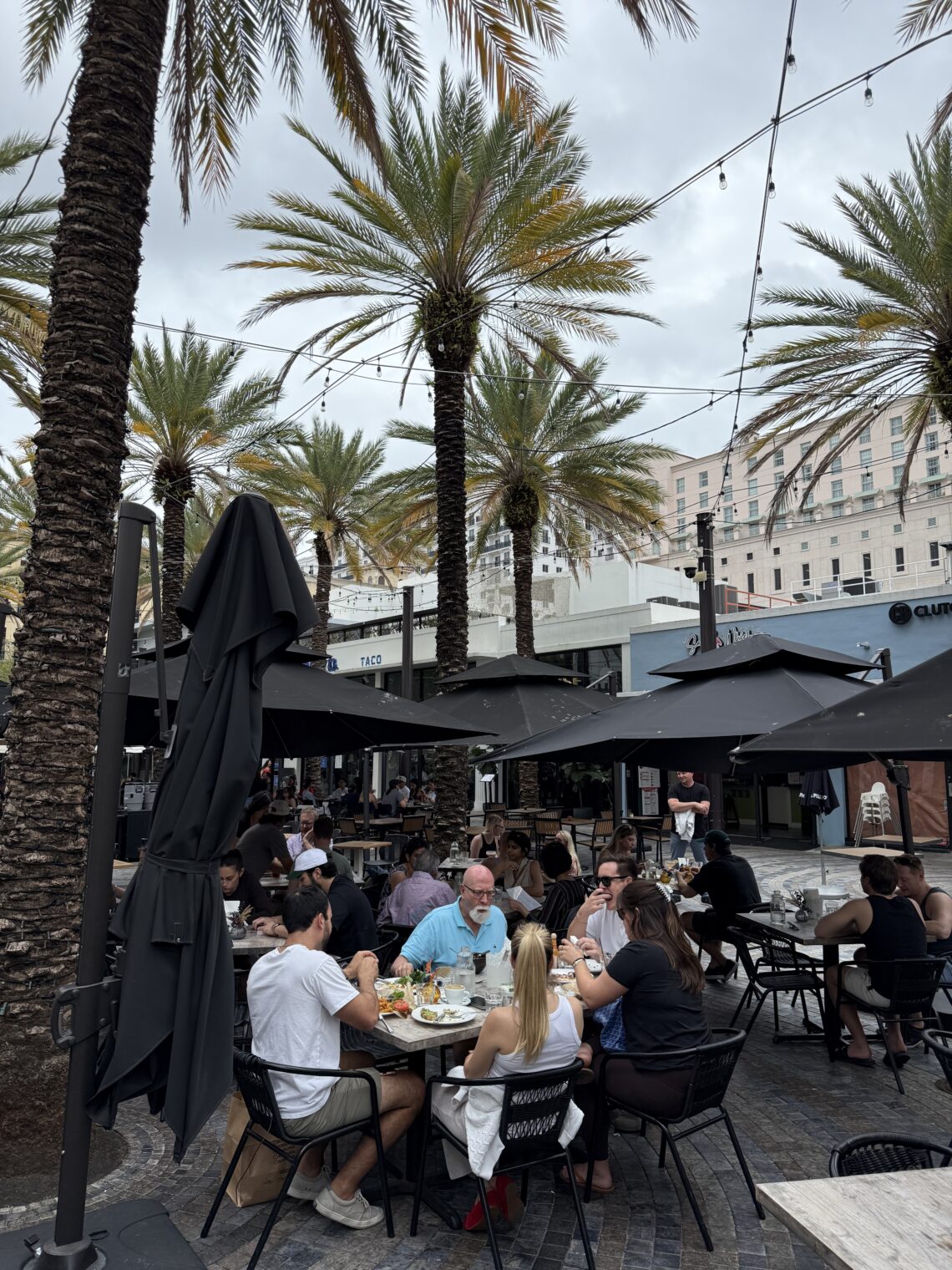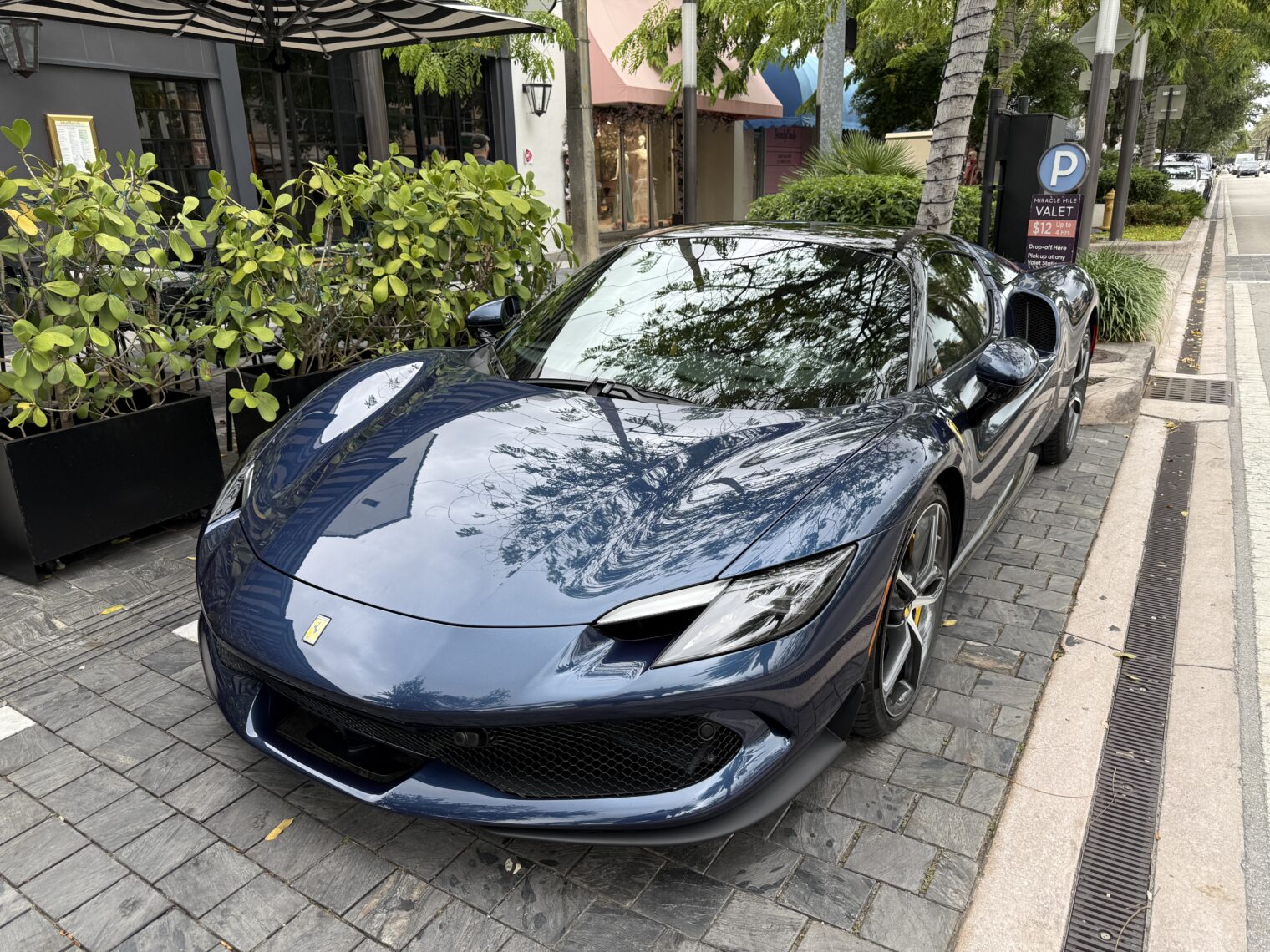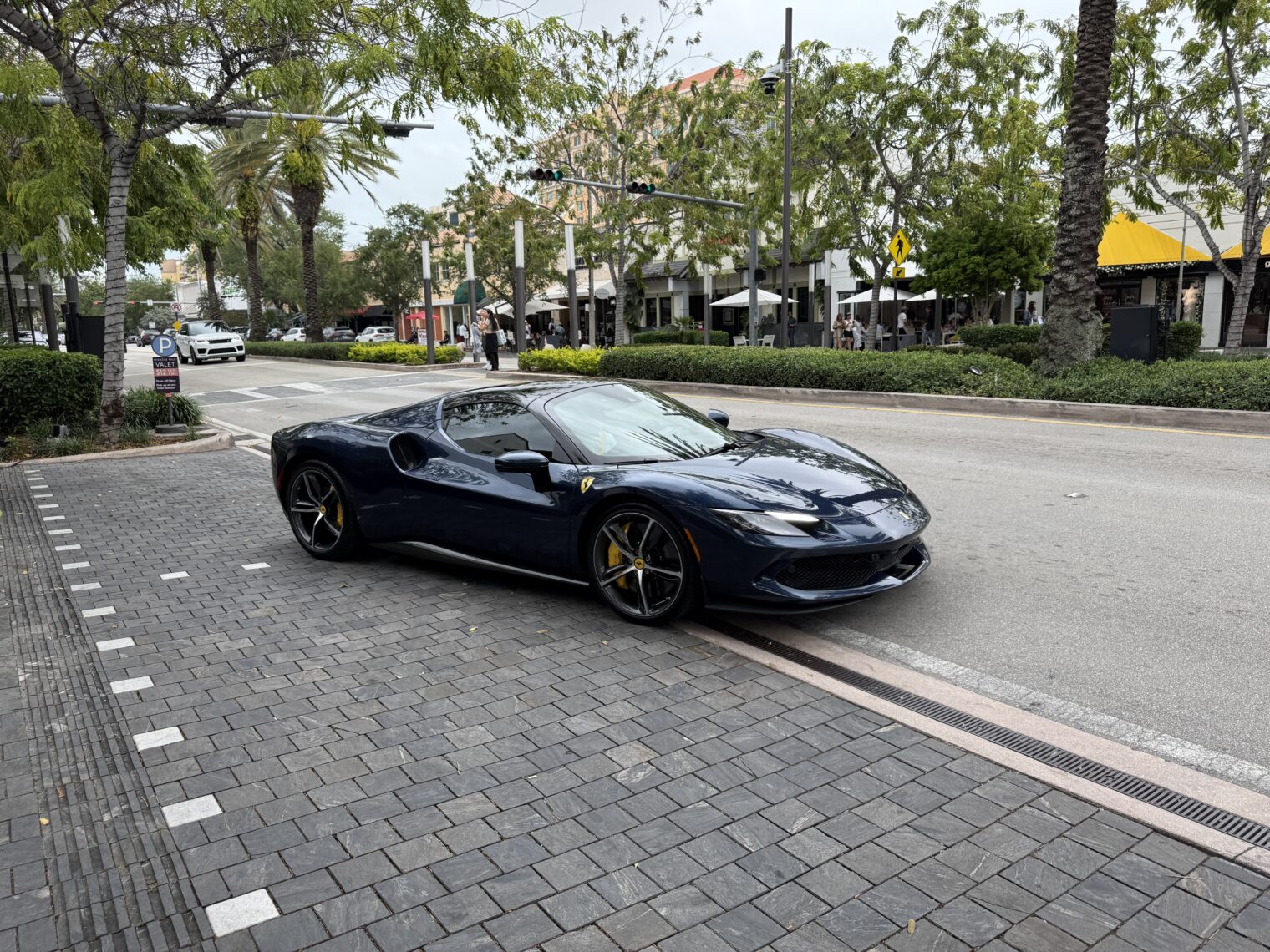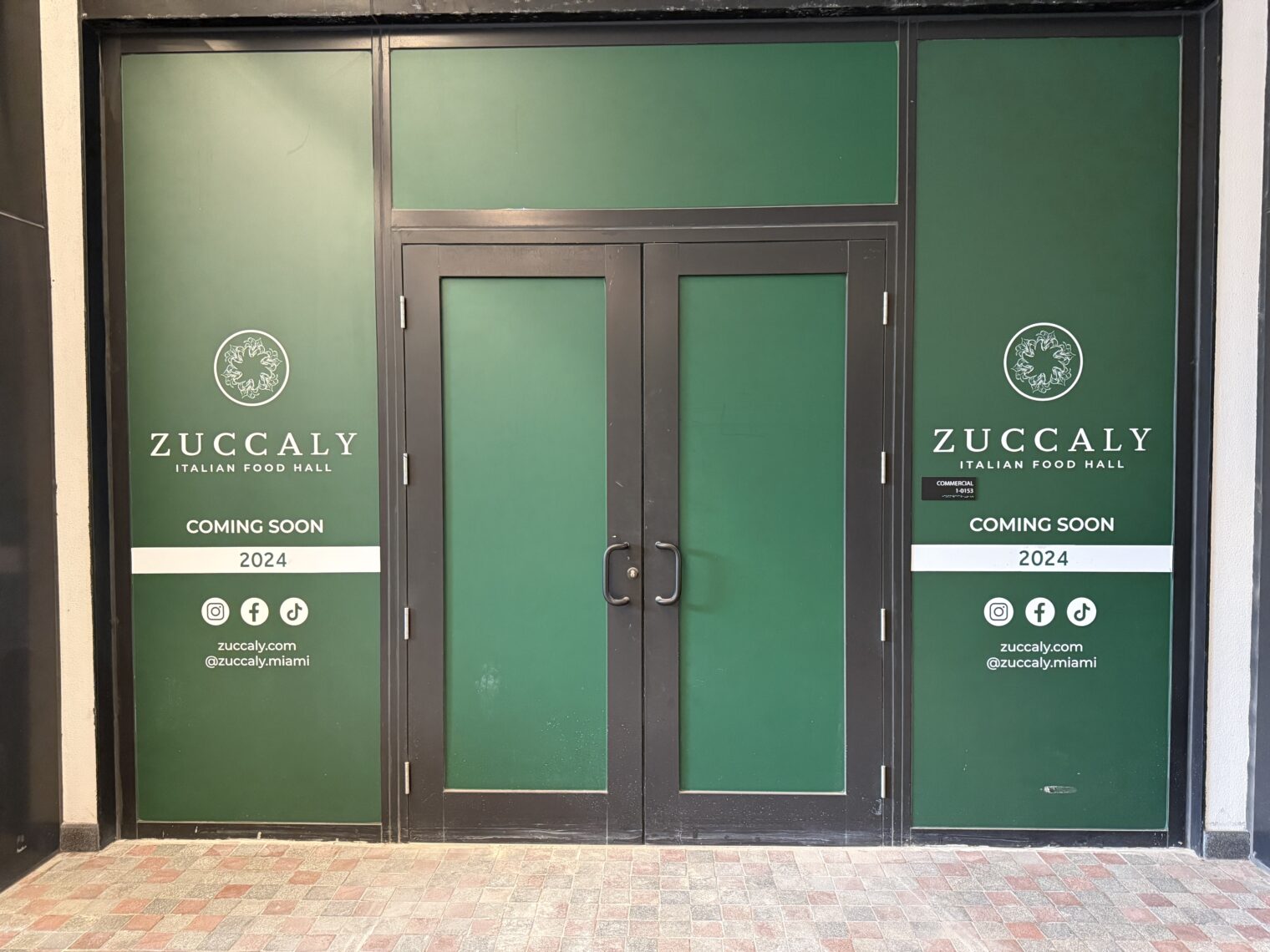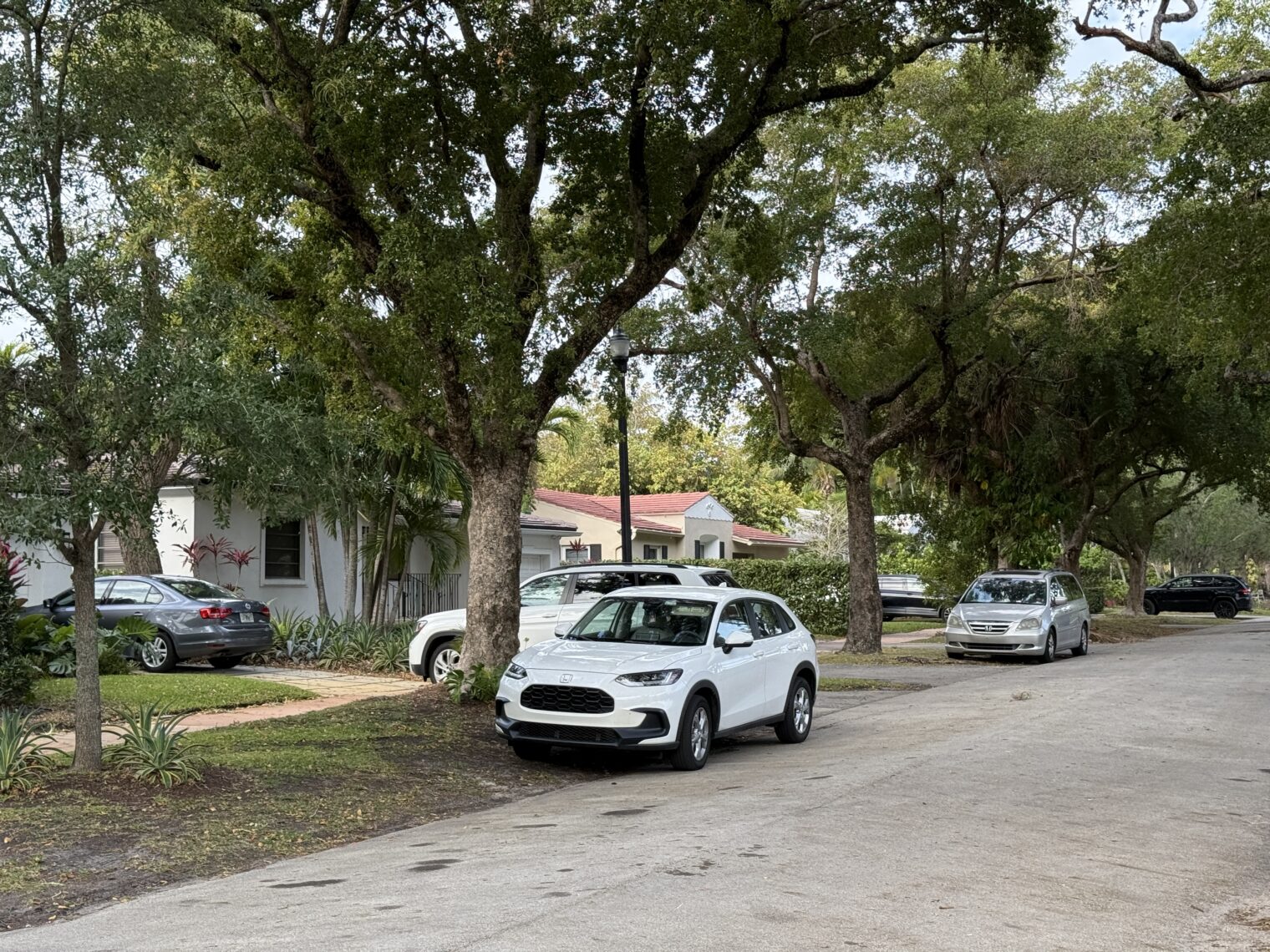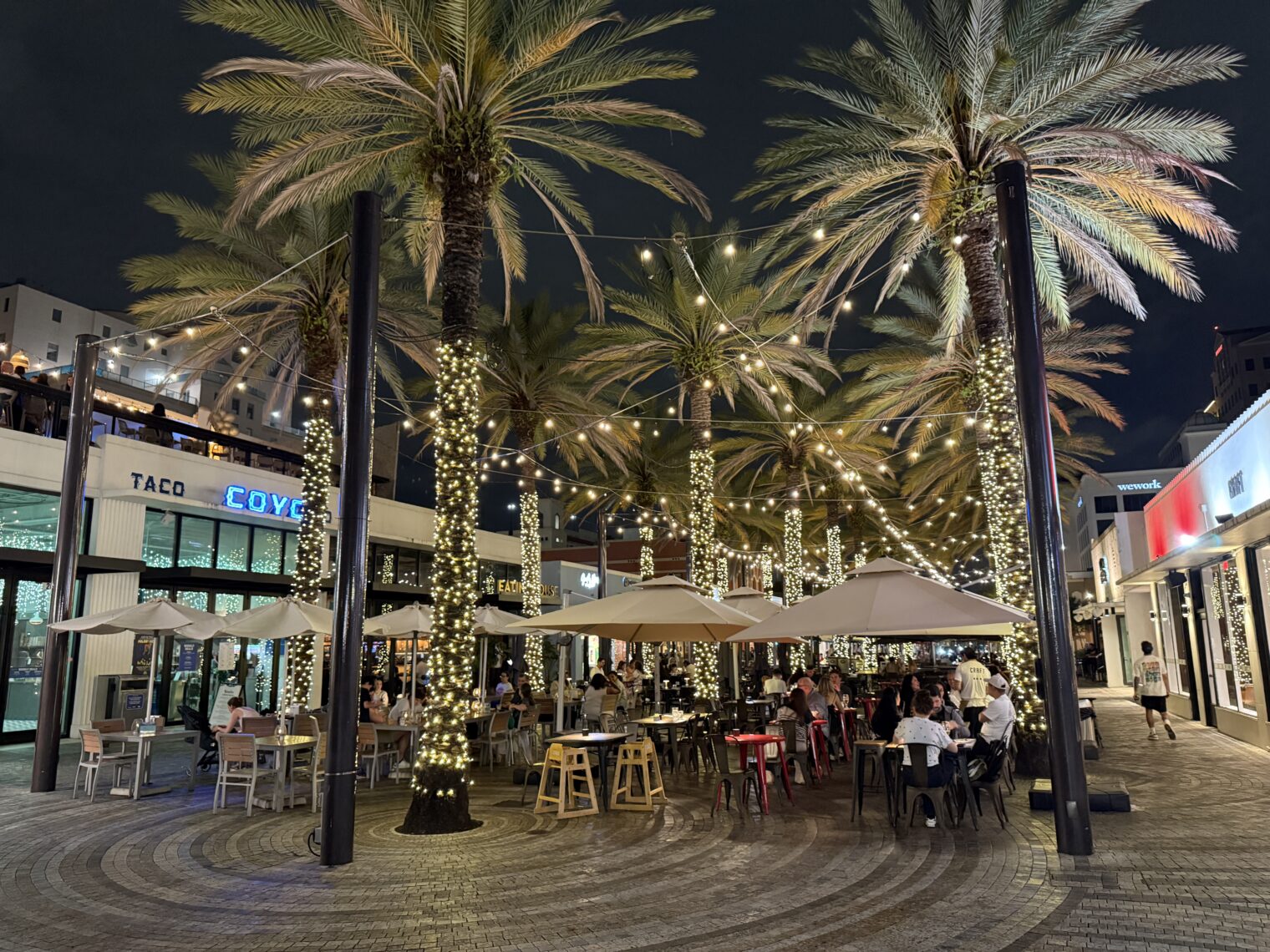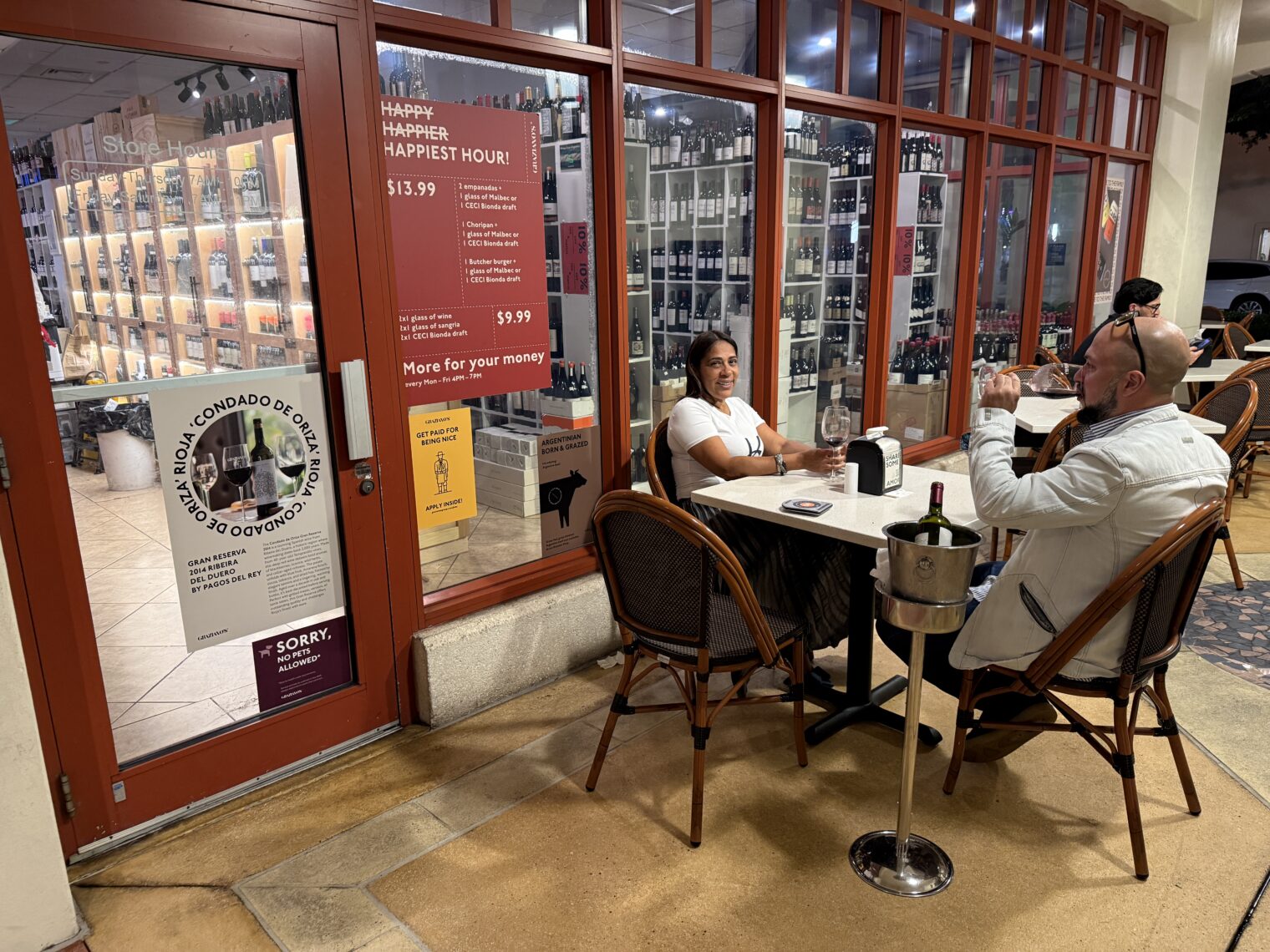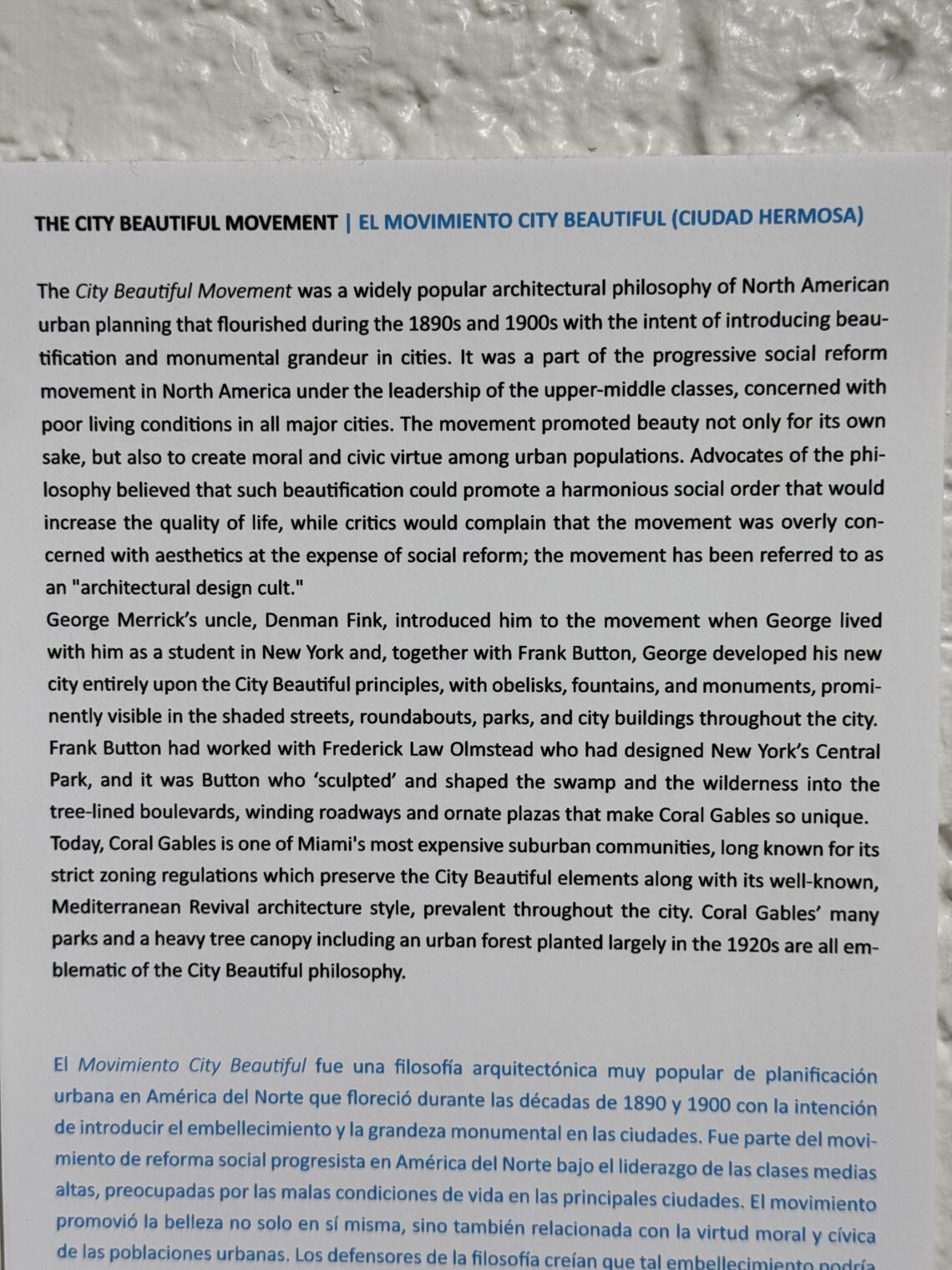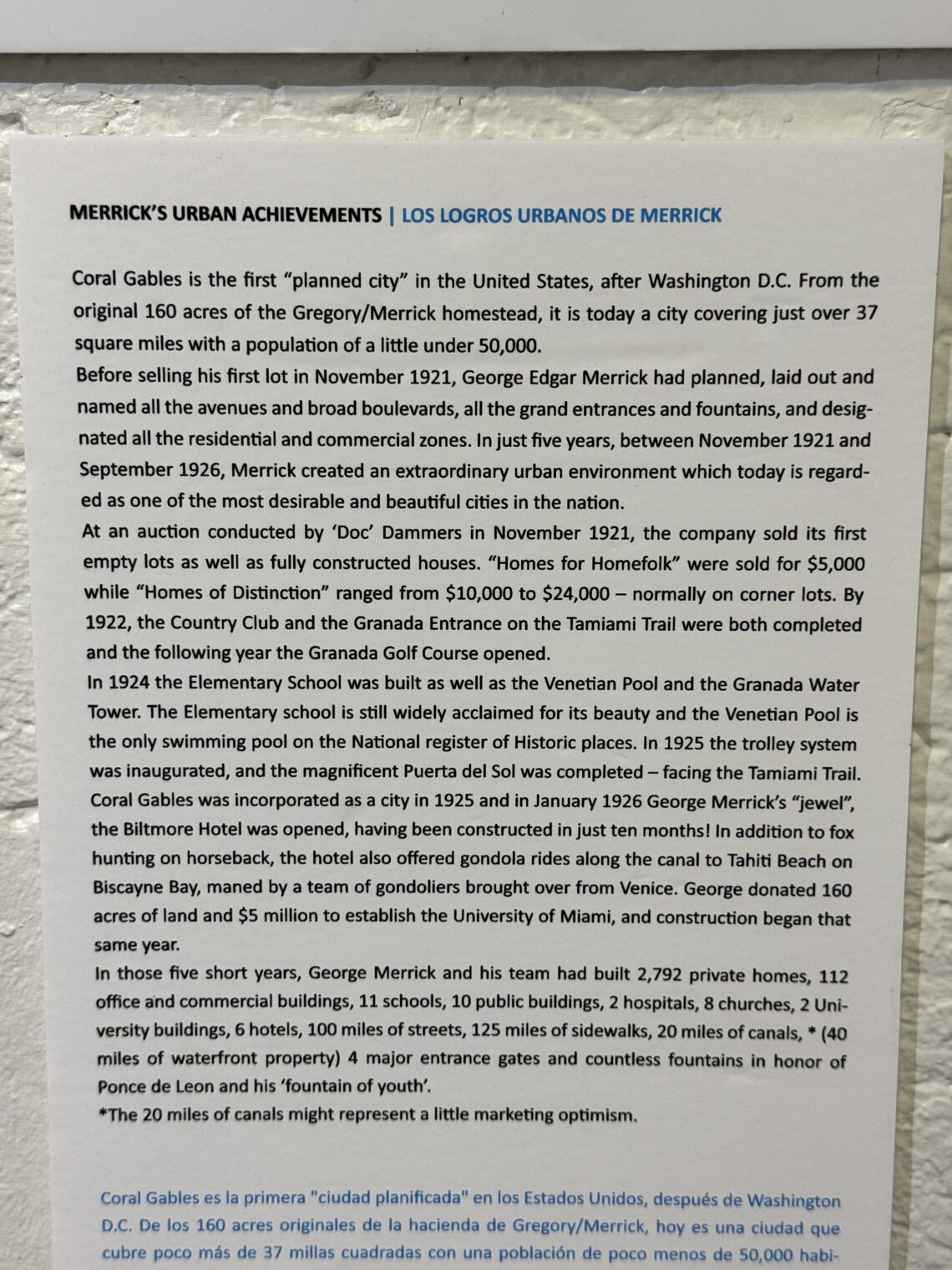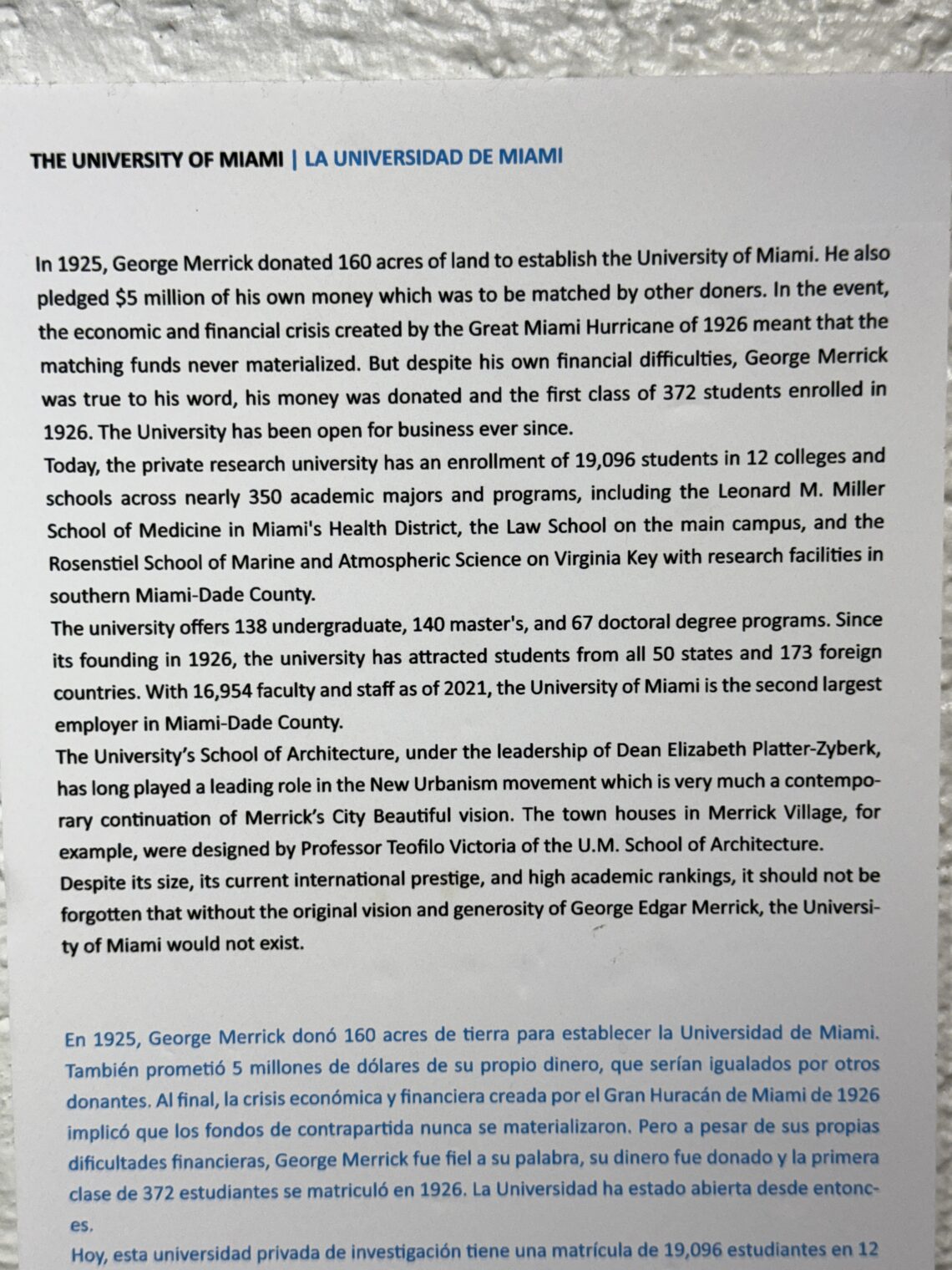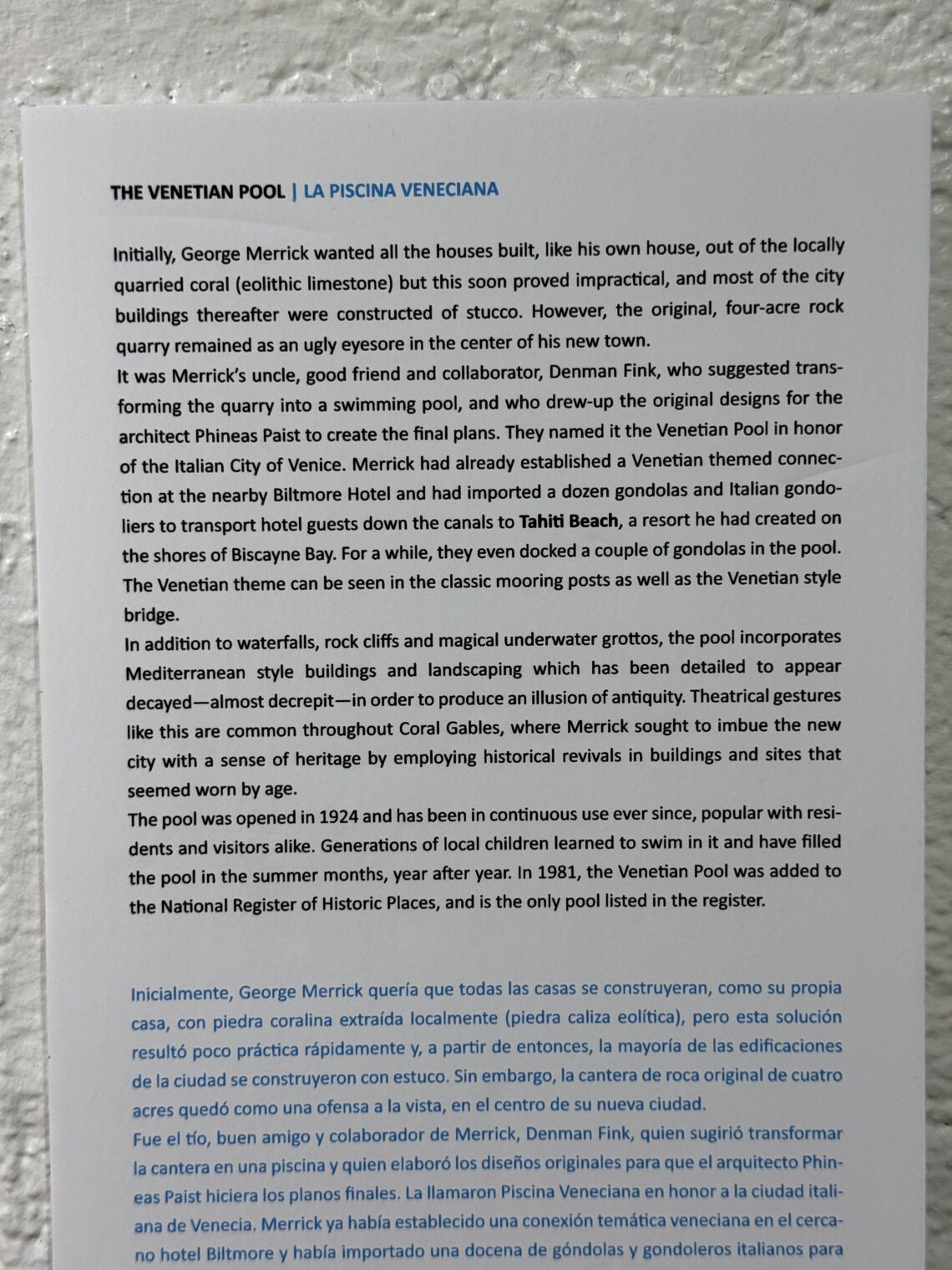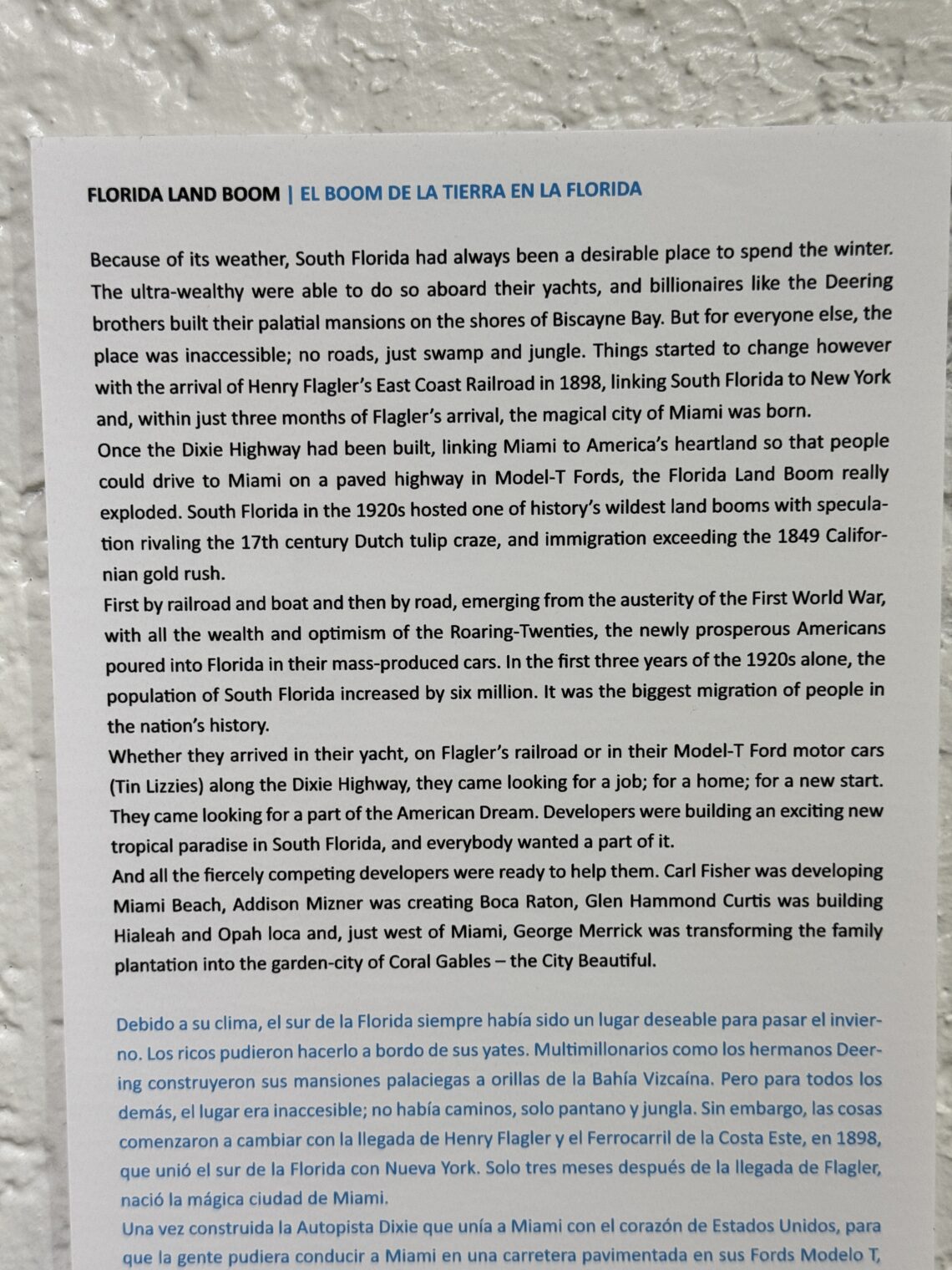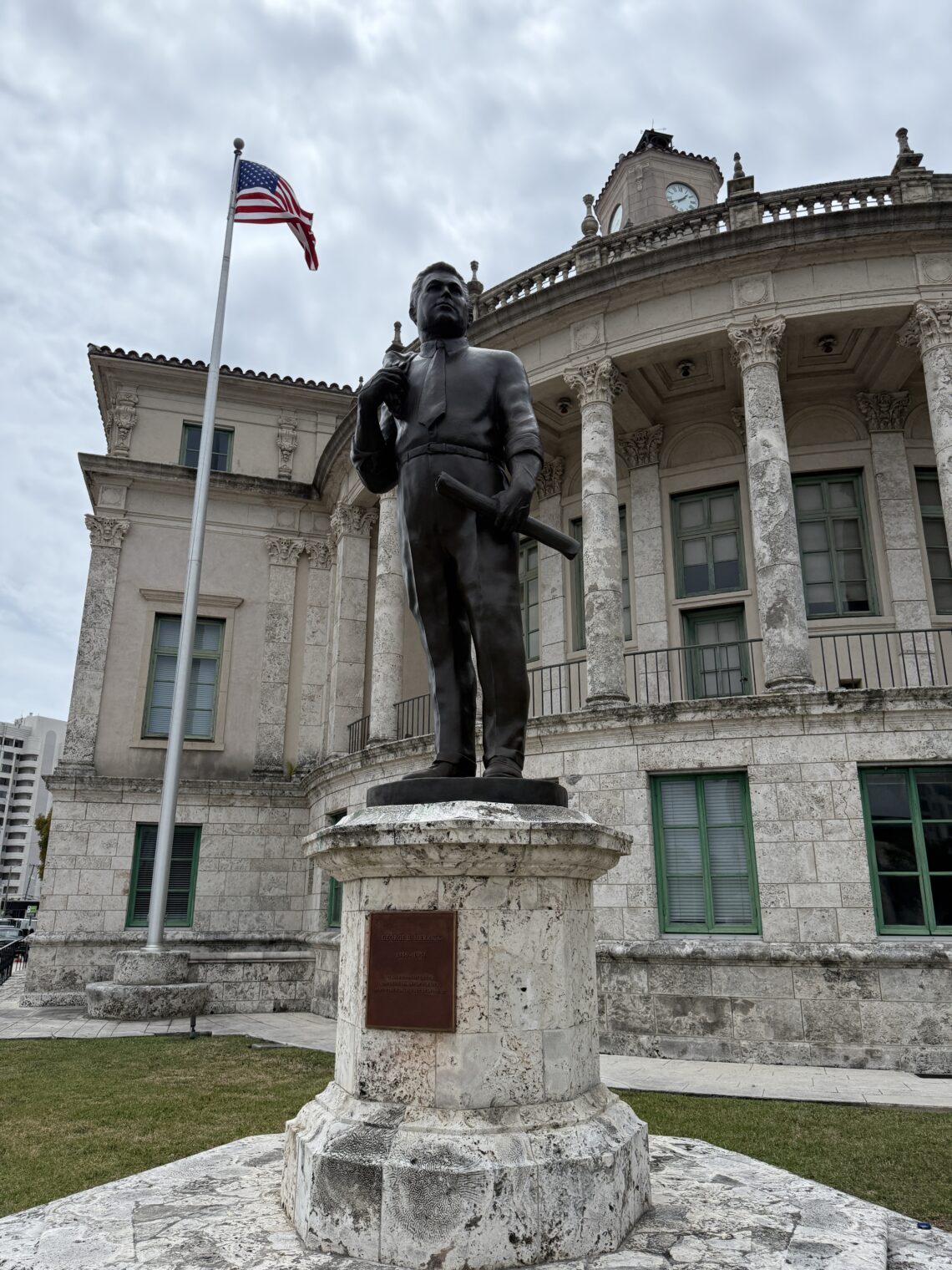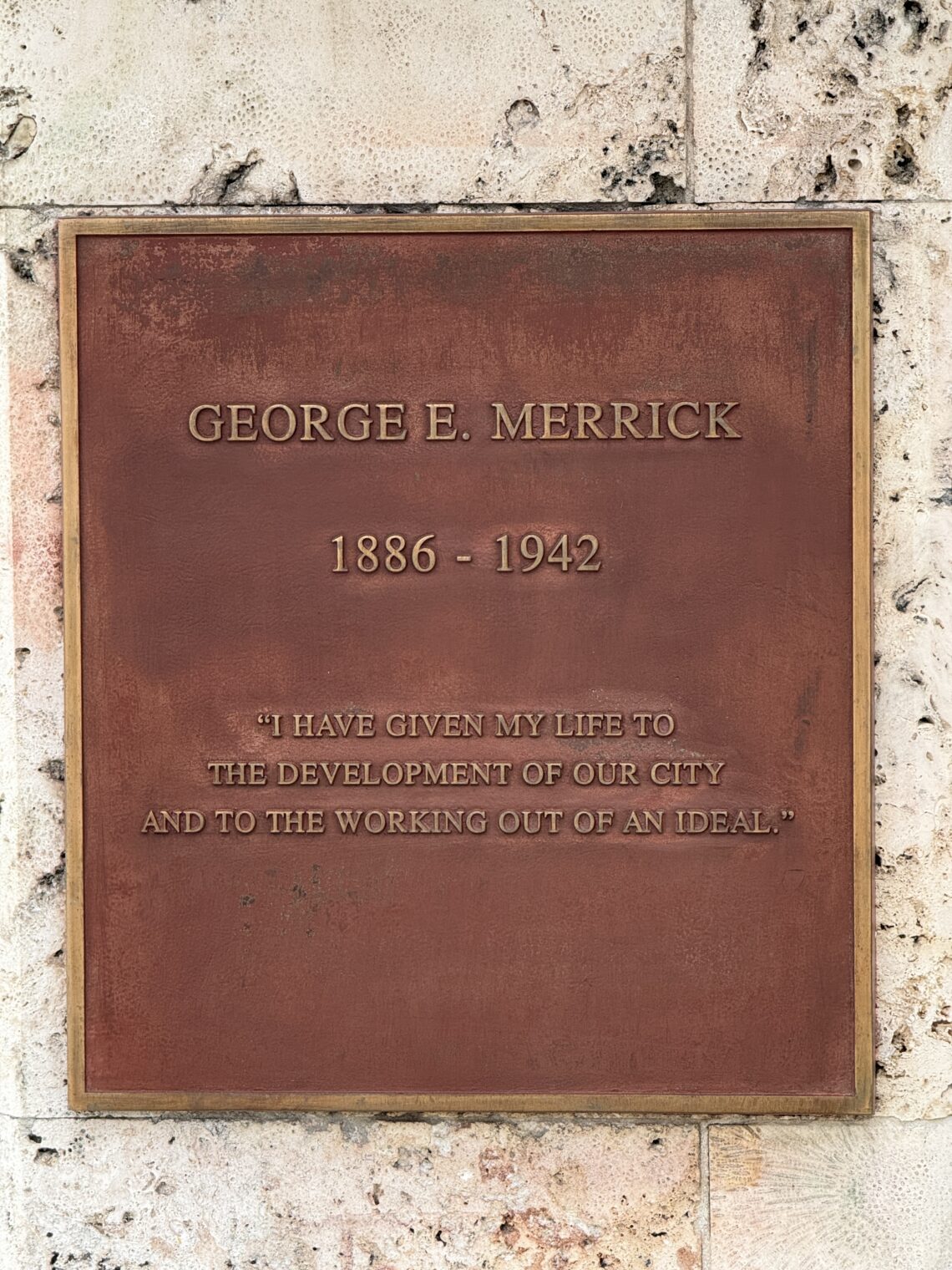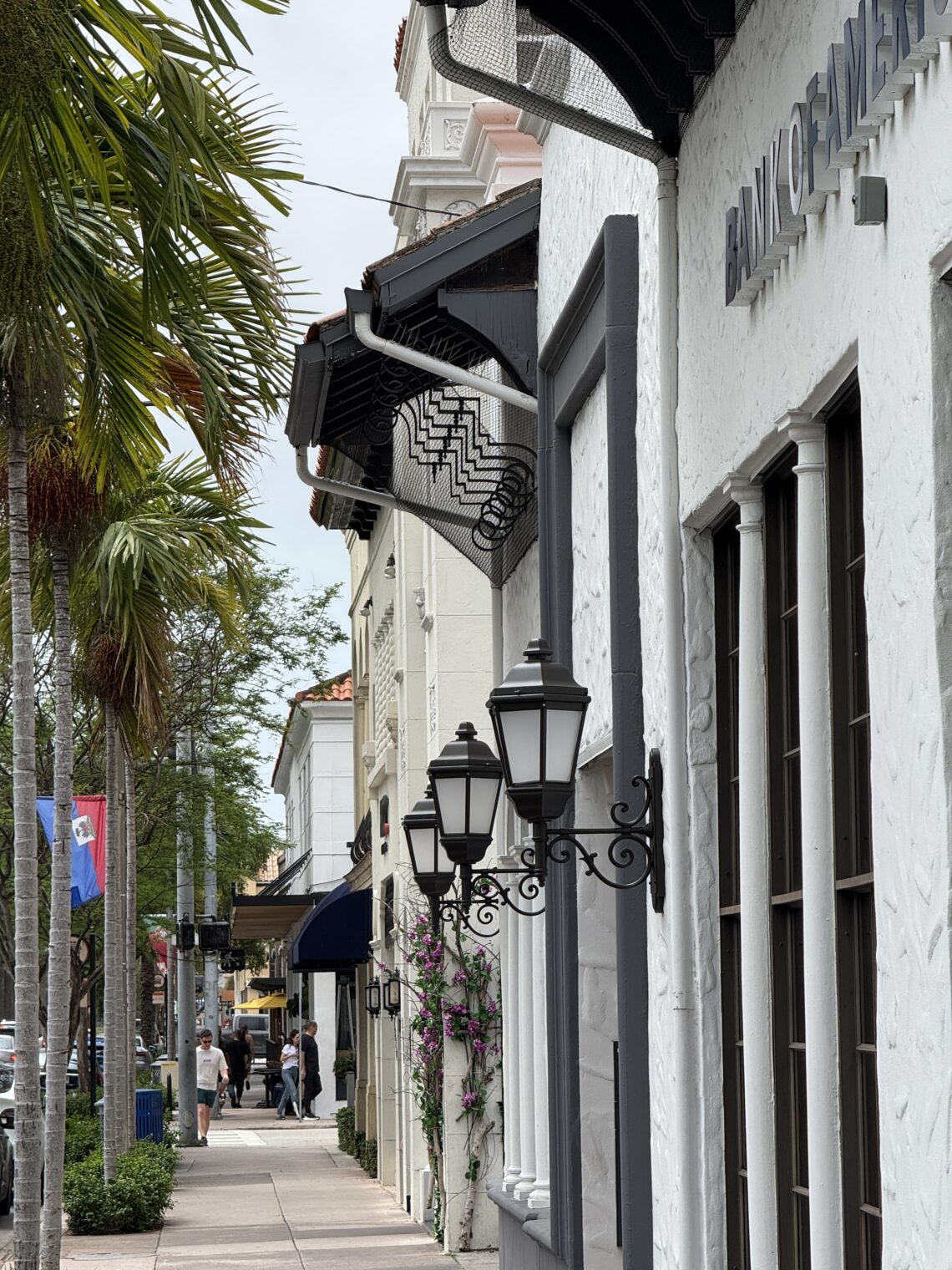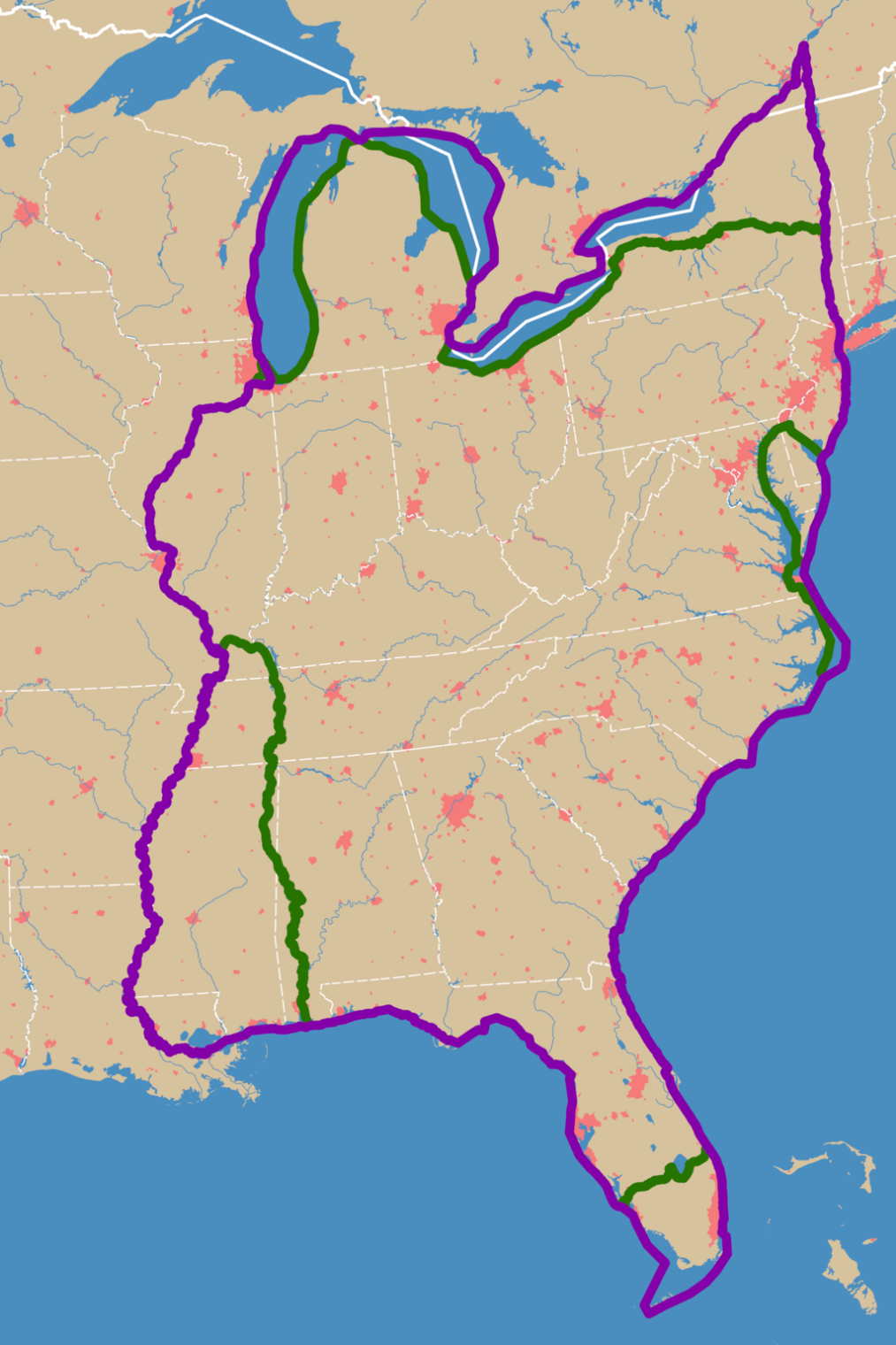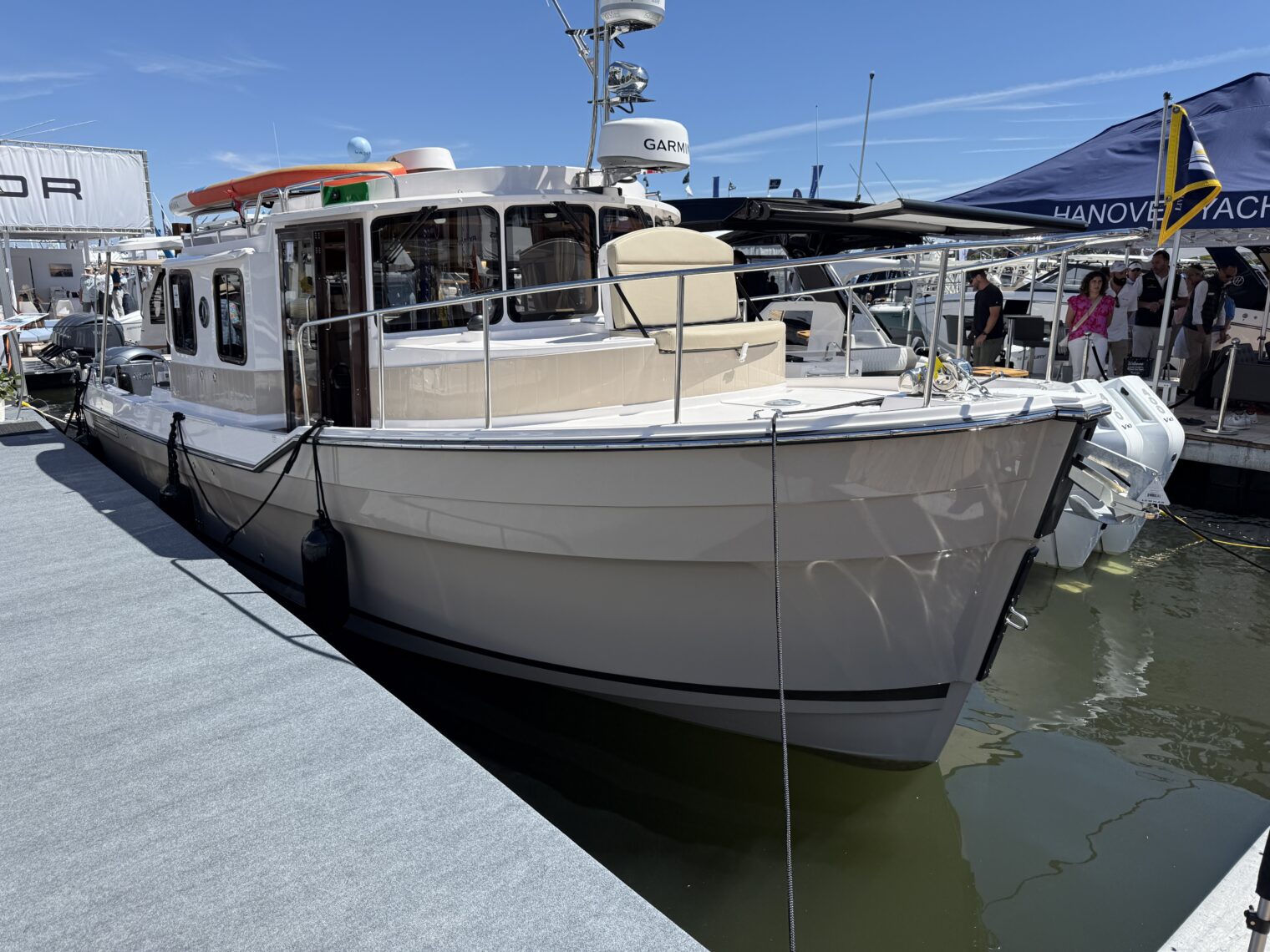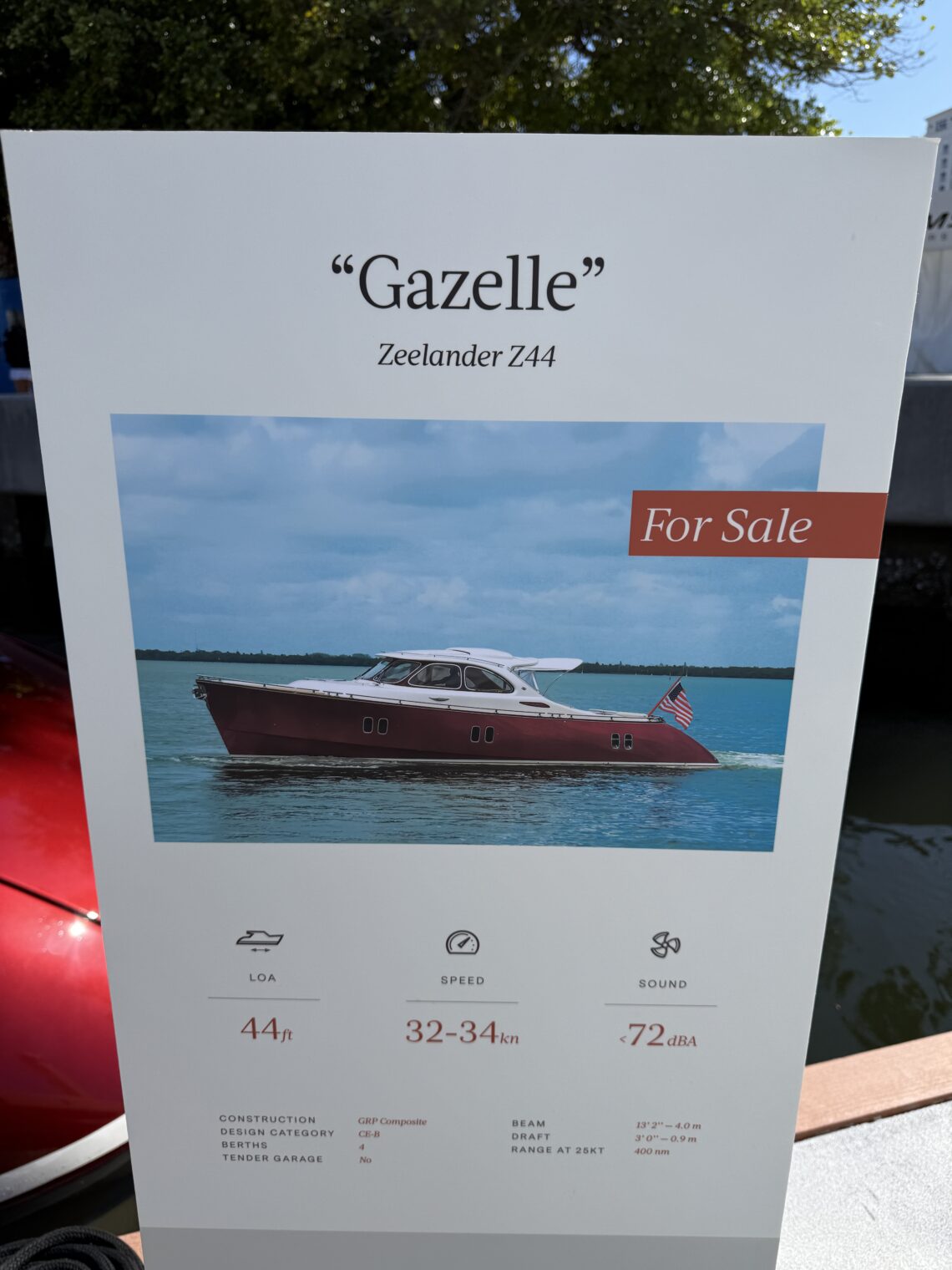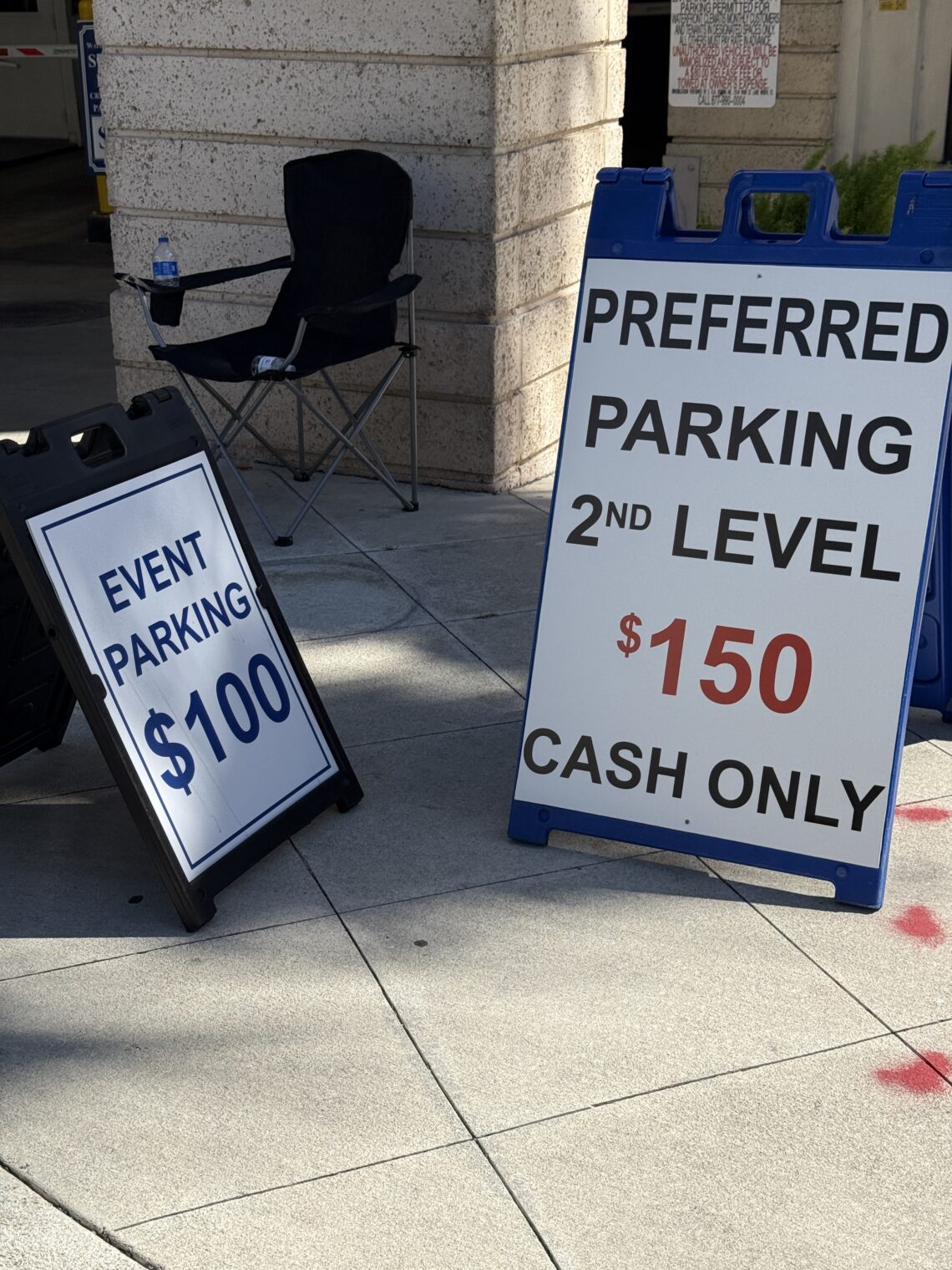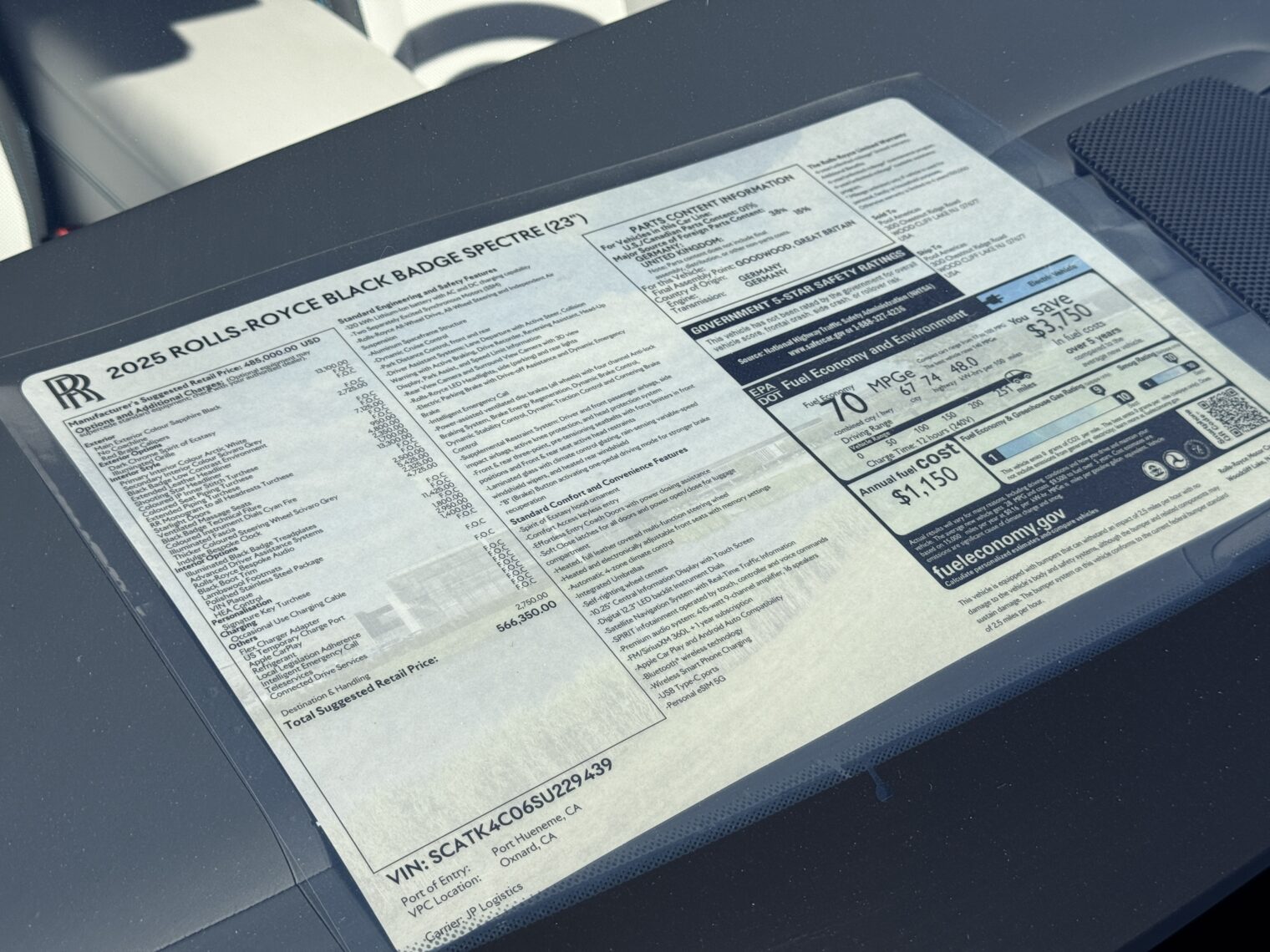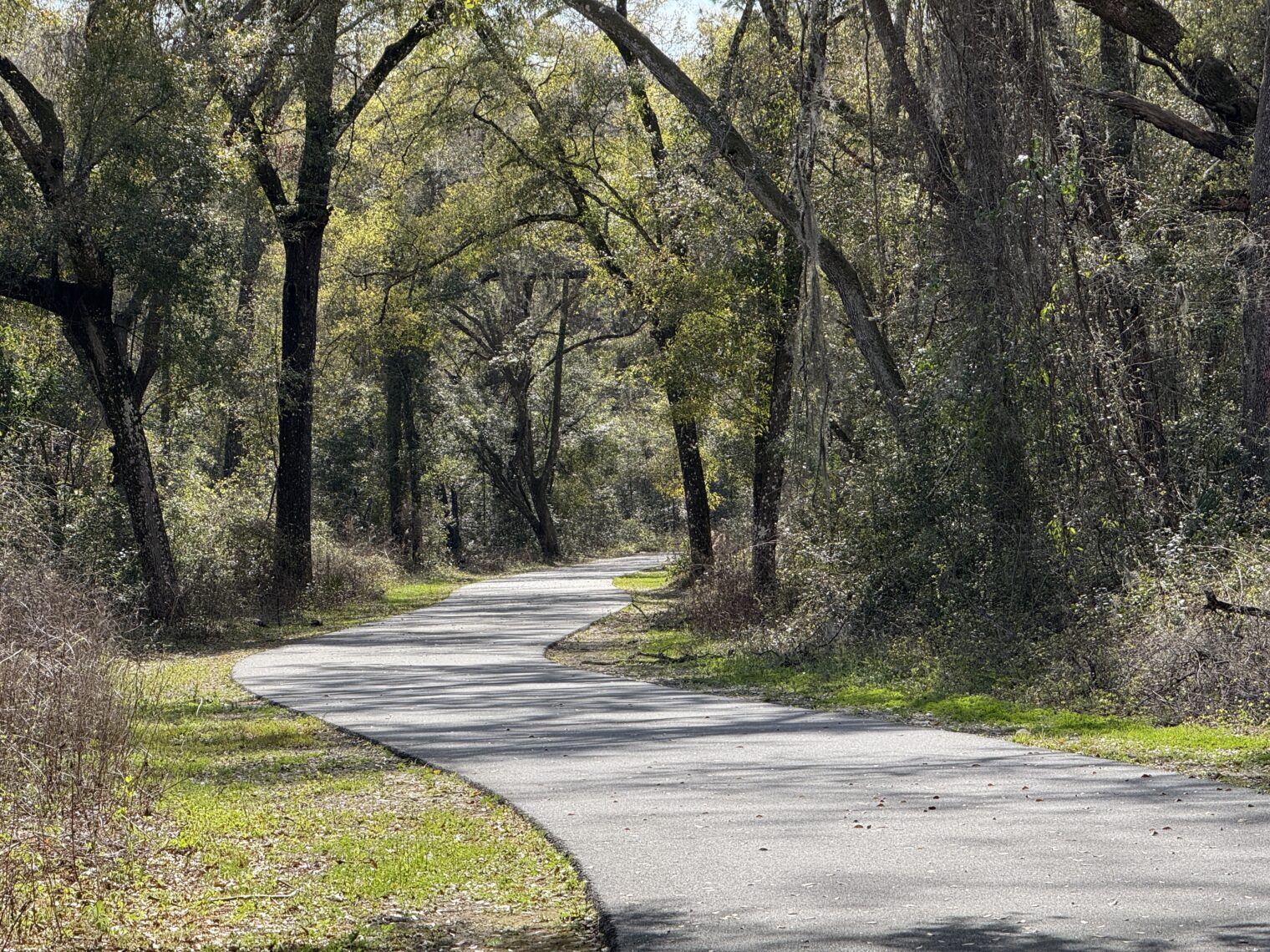Happy Hurricane Prep Season to those who celebrate (actual hurricane season is June 1-November 30th, with a peak in mid-September; due to Climate Change, there has been no increase in frequency or intensity of hurricanes since 1851 (Nature Magazine)).
Professor ChatGPT says that the concrete barrel tile roof on our Spanish Colonial Revival house will last 50-75 years:
But then it adds a little something:
Underlayment – Typically lasts 20–30 years and needs replacement before tiles fail.
So the AI thinks the “roof” lasts 75 years even if starts leaking after 20 years because tiles aren’t waterproof and the underlayment is the actual water barrier. All that you need to do to replace the failed underlayment is remove all of the tiles from the house, remove the underlayment, install new underlayment, and then put tiles on top of the underlayment… exactly as you’d be doing in a complete re-roof project.
Our roof was designed to handle a minimum of 140 mph winds, according to the 2003 permit documents, but maybe that was just the code. The tiles are adhered to the underlayment with Polyset AH-160 foam in which the “160” means it can handle 160 mph (if nailed down, tile is good only to about 120 mph (scary comparison video)).
The documents weren’t specific regarding the underlayment used. I emailed the company that built our house and got an immediate response from the owner:
It’s hard to remember 22 years ago, however the typical tile roof construction during this time frame was a 15lb. felt tin tagged dry-in, layer with a 90lb asphalt hot mop layer then the tiles applied mechanically, with mortar or foam adhesive. I suspect you will need a new roof soon.
Our neighbors have been getting new roofs installed either due to leaks or for better insurance quotes or just because everyone in Florida strives to have a house that looks new inside and out. Here are some things that I’ve learned from talking to roofers…
The only thing good about concrete is that it is cheap and it won’t break if walked on; it’s very heavy and the color gets faded by the sun and it supports ugly mold growth. You’d think that it would last forever structurally, but it doesn’t because it absorbs a huge amount of water. Concrete seems to be a “builder-grade” solution.
Clay tile has a reputation for being fragile, but it lasts forever and retains its appearance much better than concrete because mold is less likely to grow and the color of the tile is the color of the material. However, the European-made tile is much more durable than the South American-made tile (cheaper and more prevalent) and can be walked on. If you want to support river-to-the-sea liberation of Palestine (and subsequent Hamas rule over all of what used to be Israel) you can buy Verea tile from Spain. If you want the highest quality most durable tile (“it’s what Trump uses on his building,” a roofer noted), you buy Ludowici tile from Italy. For our room, the Ludowici tile would cost $16,000…. to ship from Ohio. The tile itself would be over $100,000 and take 22 weeks to create. Compare to about $30,000 for Verea tile shipped to Miami and then trucked to our neighborhood and delivered via conveyor belt to the roof. How rich are people in Palm Beach? One roofer who quoted our project said that he had about $60,000 (pre-Biden price) of Ludowici tile on his own house. A customer in Palm Beach ordered it, waited, didn’t like the color when it arrived, and ordered some other color. The tile wasn’t returnable so the customer simply gave it to the roofer.
With Verea, the tile itself will likely be 25-30% of the cost of the entire project. The clay tile can be reused when it is time to re-roof due to underlayment age/failure, but if the tile has been glued down each tile needs to be dipped in solvent and the added labor is almost the same as just buying new tile. If nailed or screwed down, the roof can handle 120 mph wind. If glued, the roof can handle 160 mph wind. Palm Beach County requires that a roofer hire an independent engineer at the end of the project to do a “pull test” on random tiles and make sure that they have sufficient uplift strength. The practical life of a clay tile roof with the highest quality dual-layer underlayment (two different variations from Polyglass; add one more “anchor” layer for breathability if there is closed cell foam underneath the roof deck) is 30-35 years, but insurance companies may demand replacement at 25 years. The tiles can’t fail, but the underlayment does.
Brava has the world’s best roofing material web site, but their roofing materials (composite barrel tiles) aren’t popular. “I’ve installed exactly one,” said a roofer. “It was for a billionaire who had a 5-year-old $500,000 slate roof on a stable and chips were falling on his horses. He wanted a roofing material that couldn’t fall apart. I don’t like the look of them, but they are rated to 211 mph if you use their screws, which I did.” Brava tiles don’t yield any improvement in roof life compared to clay because it is the underlayment that fails. Brava claims to have some “cool roof” tiles that reflect solar heat, but I’m not sure that their specs are better than conventional clay:
Here are some numbers for a Verea red clay tile:
Looks like the natural clay has better reflectance and worse emittance. The biggest drawback, I think, of the Brava tiles is that they can burn. They claim that if the right fireproof underlayment is used the tiles won’t be set on fire by a fire inside the house, I think, but it is difficult to beat a concrete or clay tile for fire resistance!
What about the big hammer of a metal roof? It is tough to see how a metal roof panel with a screw every square foot into the decking is going anywhere. It turns out that the metal roofs stamped into the shape of tiles aren’t very wind-resistant. They can handle only 120-130 mph. The standing seam metal roofs can be fantastically wind-proof (just under 200 mph for steel; just over 200 mph for aluminum), but they won’t look like Spanish barrel tile. The metal roofs have a practical life of 35-50 years before something fails (e.g., fasteners, finish (warranty of 30-35 years and after that they can be refinished for about $20,000)), but the insurance company might demand replacement at 30 years.
So… it turns out that there haven’t been significant improvements since 2003. The adhesive foam that was state-of-the-art then is state-of-the-art now. Maybe this Polyglass peel-and-stick material will last a bit longer than the “hot mop” of asphalt.
One big change for Florida is that HOAs are now limited in their ability to refuse to approve roofs that serve as hurricane protection. FL 720.3035 was amended in 2024. The updated law: “The board or any architectural, construction improvement, or other such similar committee of an association must adopt hurricane protection specifications for each structure or other improvement on a parcel governed by the association. The specifications may include the color and style of hurricane protection products and any other factor deemed relevant by the board. … For purposes of this subsection, the term “hurricane protection” includes, but is not limited to, roof systems recognized by the Florida Building Code which meet ASCE 7-22 standards…”
The law is a little ambiguous in that it says an HOA can establish some aesthetic rules and also implies that homeowners have a right to a roof that meets ASCE 7-22 standards. In our neighborhood, an online “hazard tool” says that we need a 167 mph roof, which I think means that only a metal roof or Brava would work.. On the other hand, I didn’t want to get into a huge fight with the neighborhood Karens to be the first house with a visually jarring standing seam metal roof. Due to Trump-exacerbated climate change, Palm Beach County was most recently hit by a major hurricane in 1949. If another big one arrives, I have a feeling that we will be losing some tiles whereas a Key West-style standing seam metal roof would weather the storm.
Full post, including comments 


















